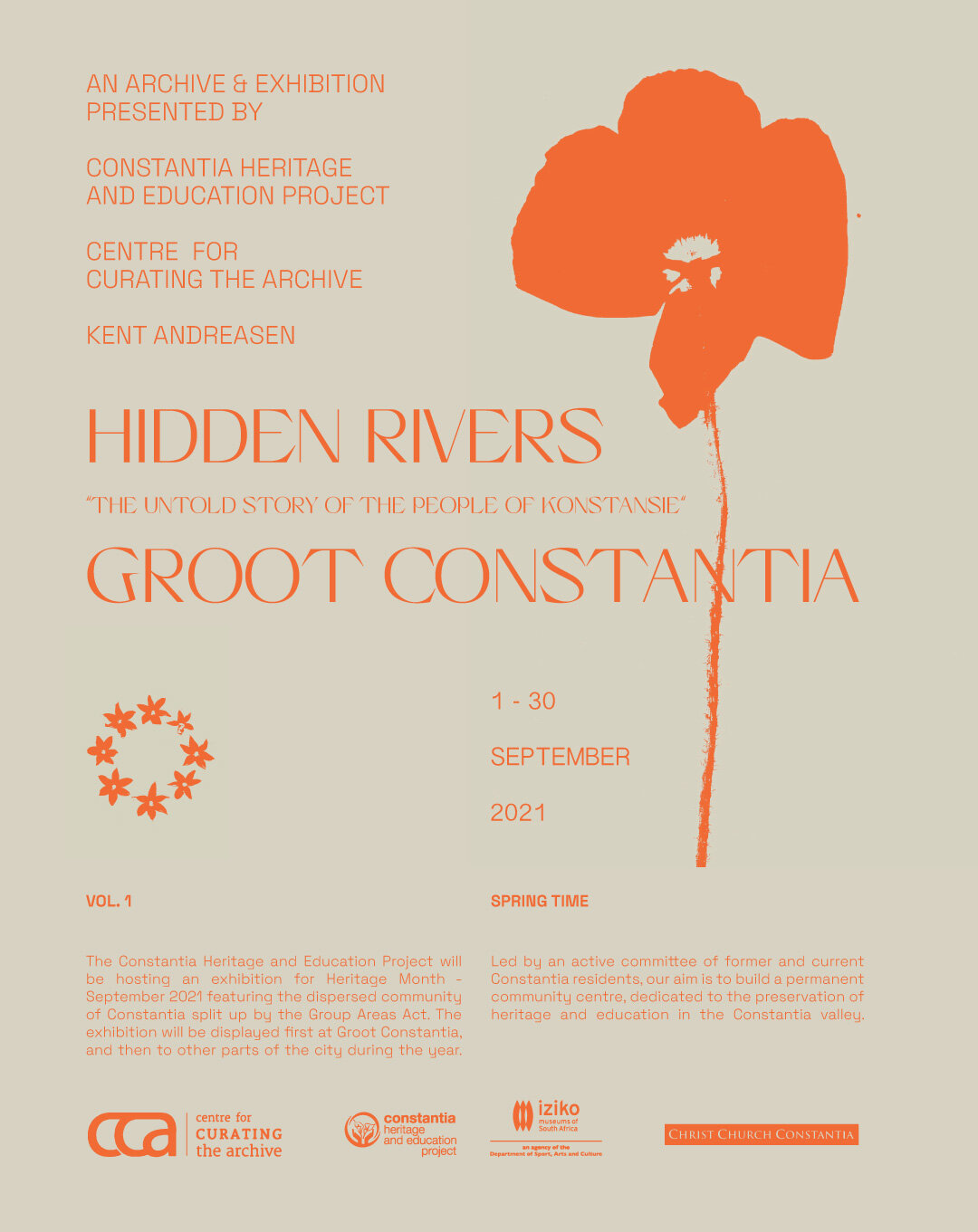
1-30 September 2021
Poster Design By Alex Pankiv-Greene

Project Outline by Claire-Anne Lester
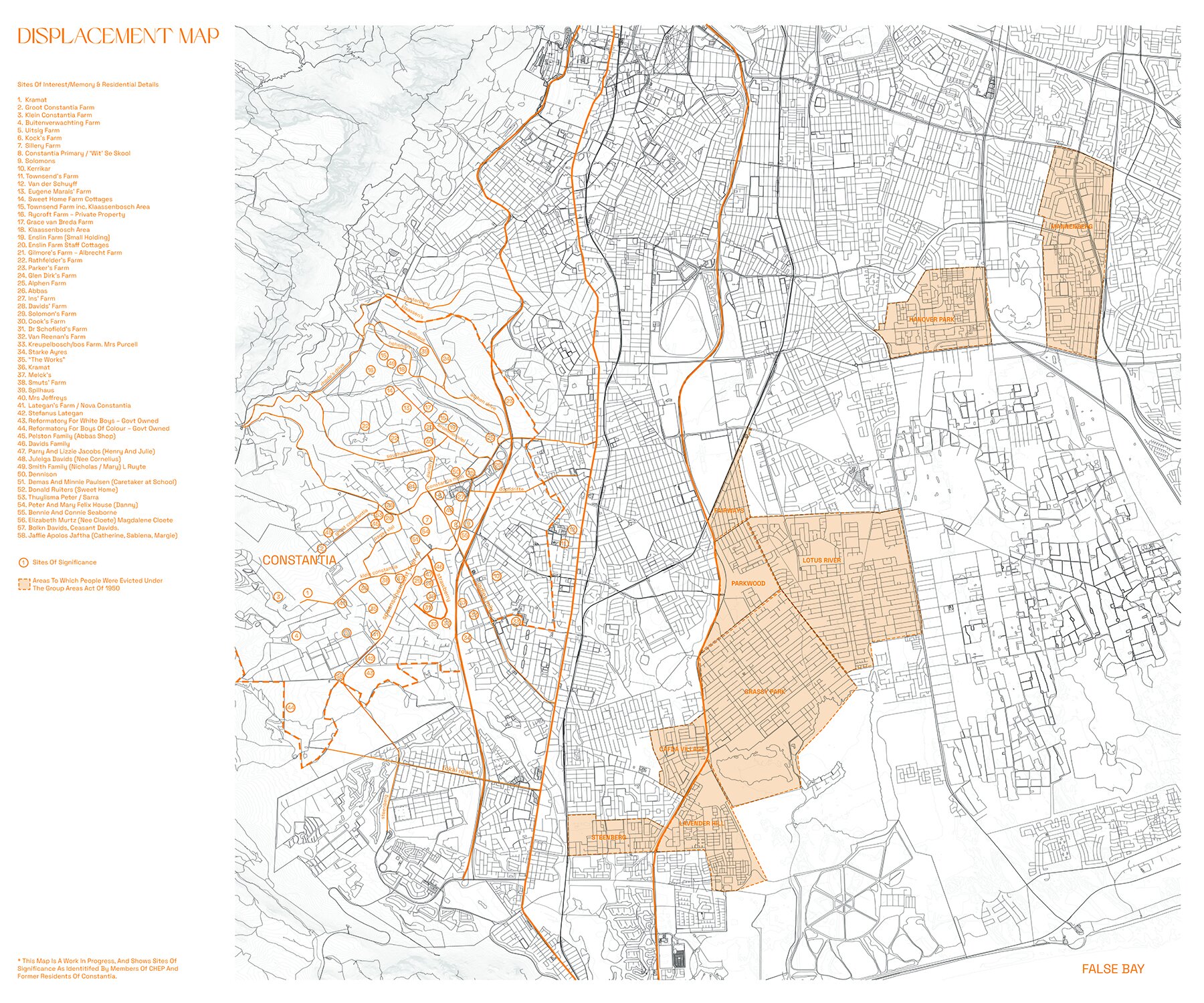
Displacement Map By Rese Boshoff
Constantia Vs Cape Flats
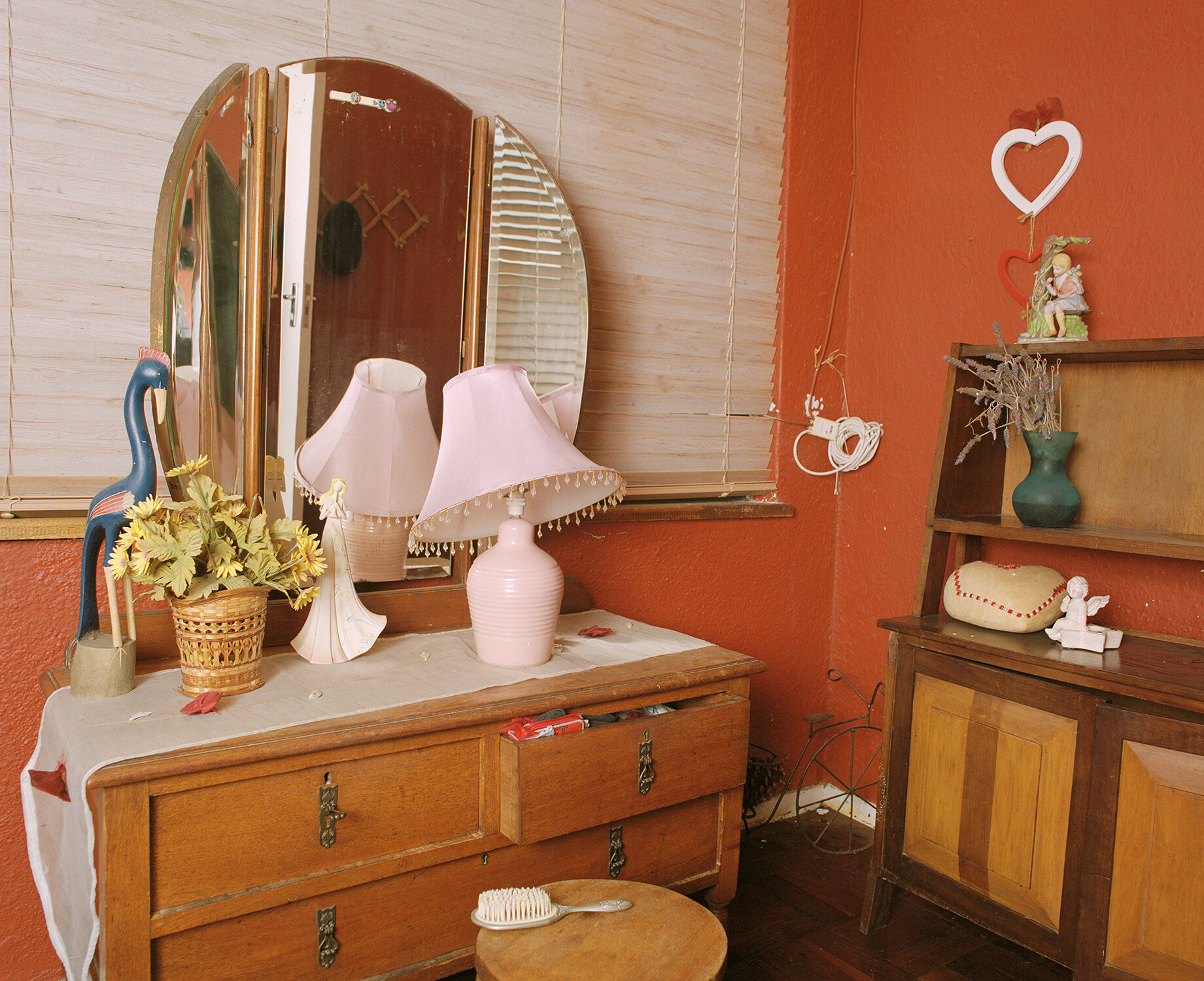
We Have To Leave
This dressing table is in Danwin Jaftha’s home in Milford Road, Plumstead. Danwin was raised by his aunt and uncle who lived in Strawberry Lane before being one of the last to be evicted in 1969 and moving to Lotus River. The image of the dressing table is indicative of the families who were made to leave and rebuild their homes elsewhere, where although the furniture moved things were never quite the same.

Archive
Adderley Street

The Hands Of Work
This is a photograph of Adoons Solomons, also taken at the late Moses Jaftha's flower farm. The hand is a hand of one who has worked the land and soil for many years, to the extent that it appears as if the hand is part of the soil. The image is a nod to all those who have toiled the land and added value to the Constantia Valley.

A Triptych Of The Constantia Greenbelt

Archive-Collecting Flowers, Violet Lane

Archive- Collecting Pumpkins
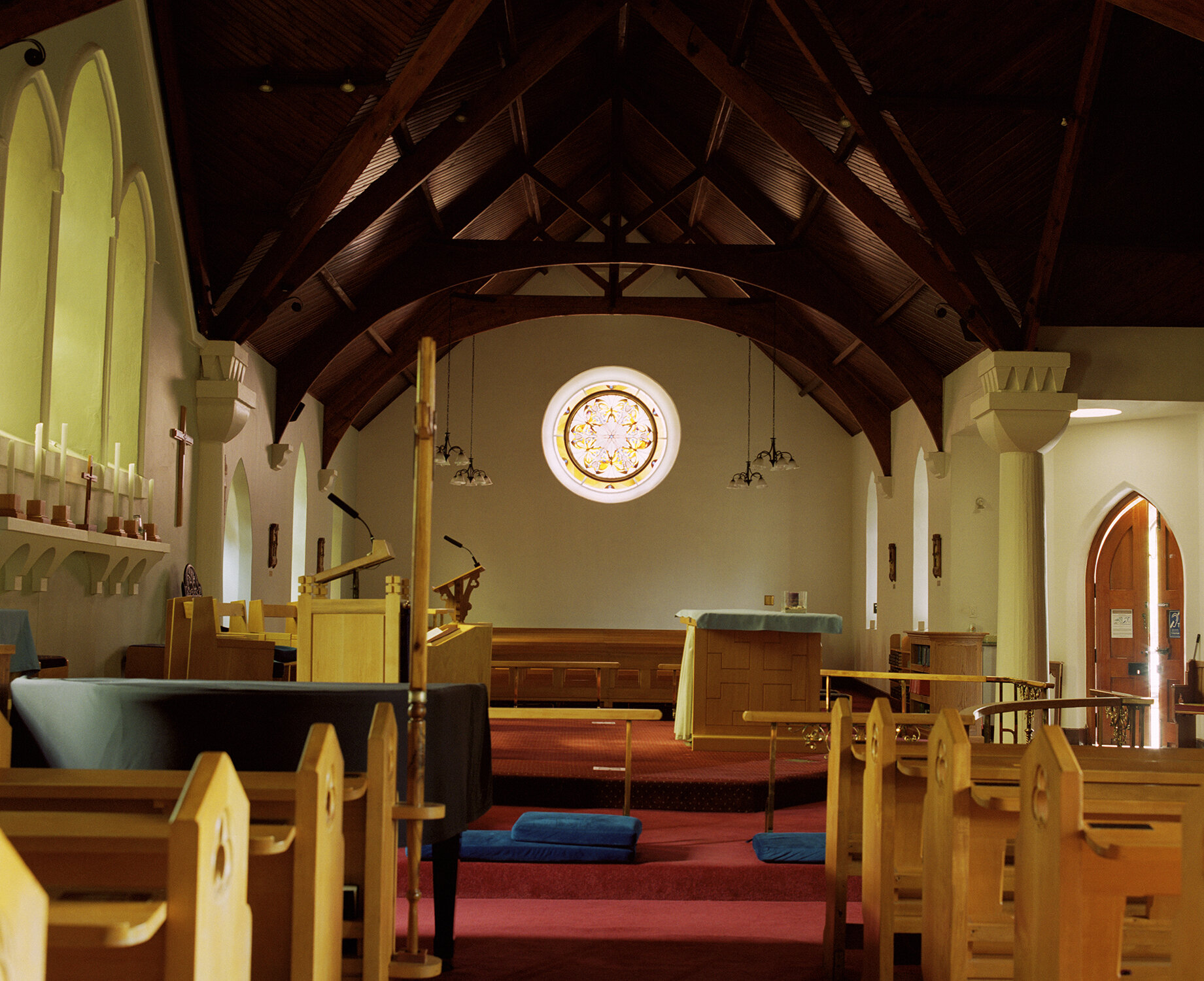
Christ Church, an Anglican church, was founded in 1860 and has been a pillar of the Constantia community for 160 years. The churches in Constantia were frequented by the local farmers and farm workers and marked rites of passage: from baptism, to confirmation, marriage and in death. Many of those who were forced to move continue to attend Christ Church, which speaks to the strength of religious tradition and family ties to the area.

Archive- Africolor

Archive- The Old Post Office
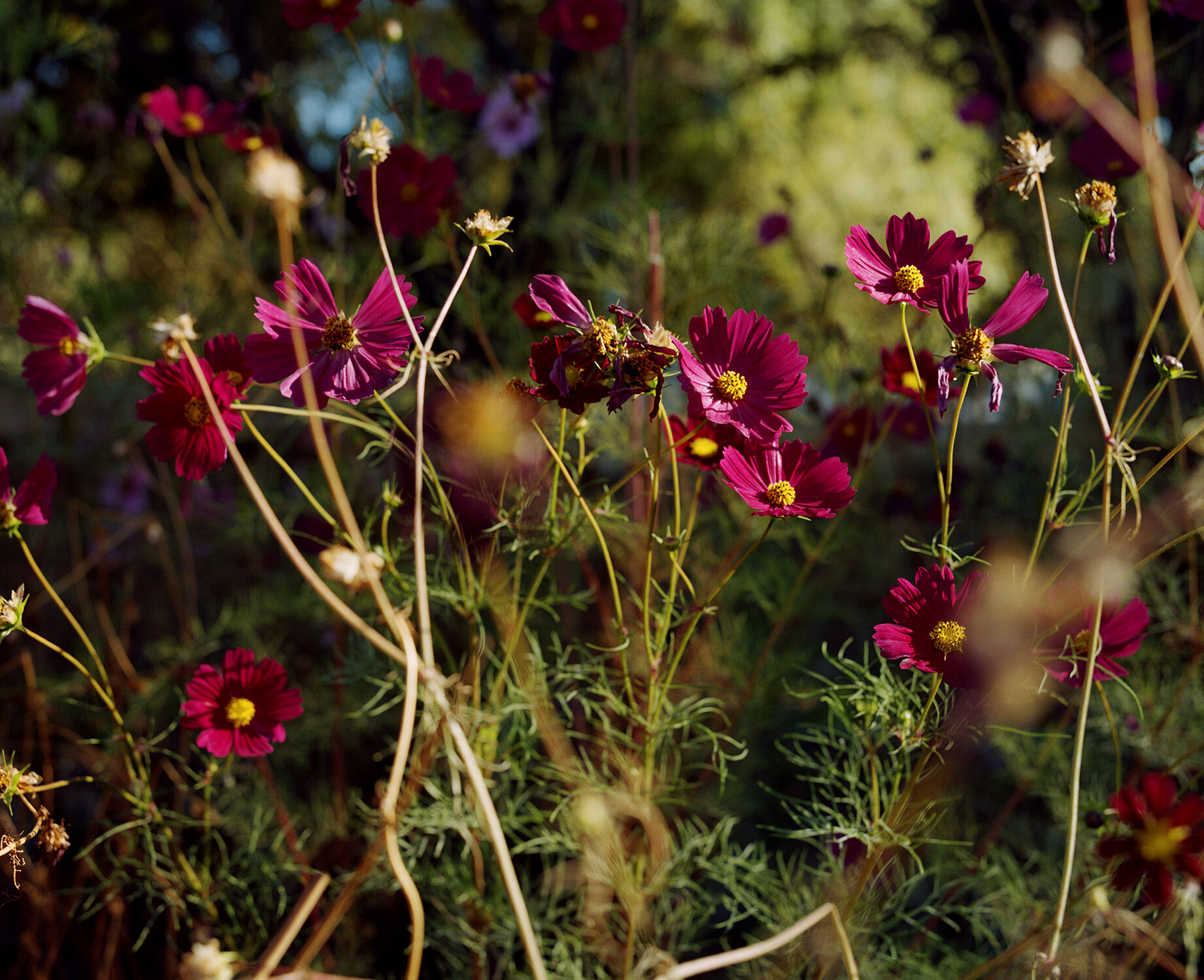
The Jaftha Farm
This image of the burgundy “Cosmos” bouncing in the breeze, with the central flower dying, was taken at the Jaftha flower farm, the only remaining flower farm of its kind in Constantia. After being evicted from Constantia to Parkwood Estate, Moses Jaftha moved to Grassy Park with his wife, Helen. Moses continued to lease land in Constantia so that he could continue growing his flowers and was one of the elders of the former Constantia community until his death in 2020. His sons continue to tend to the flower farm.
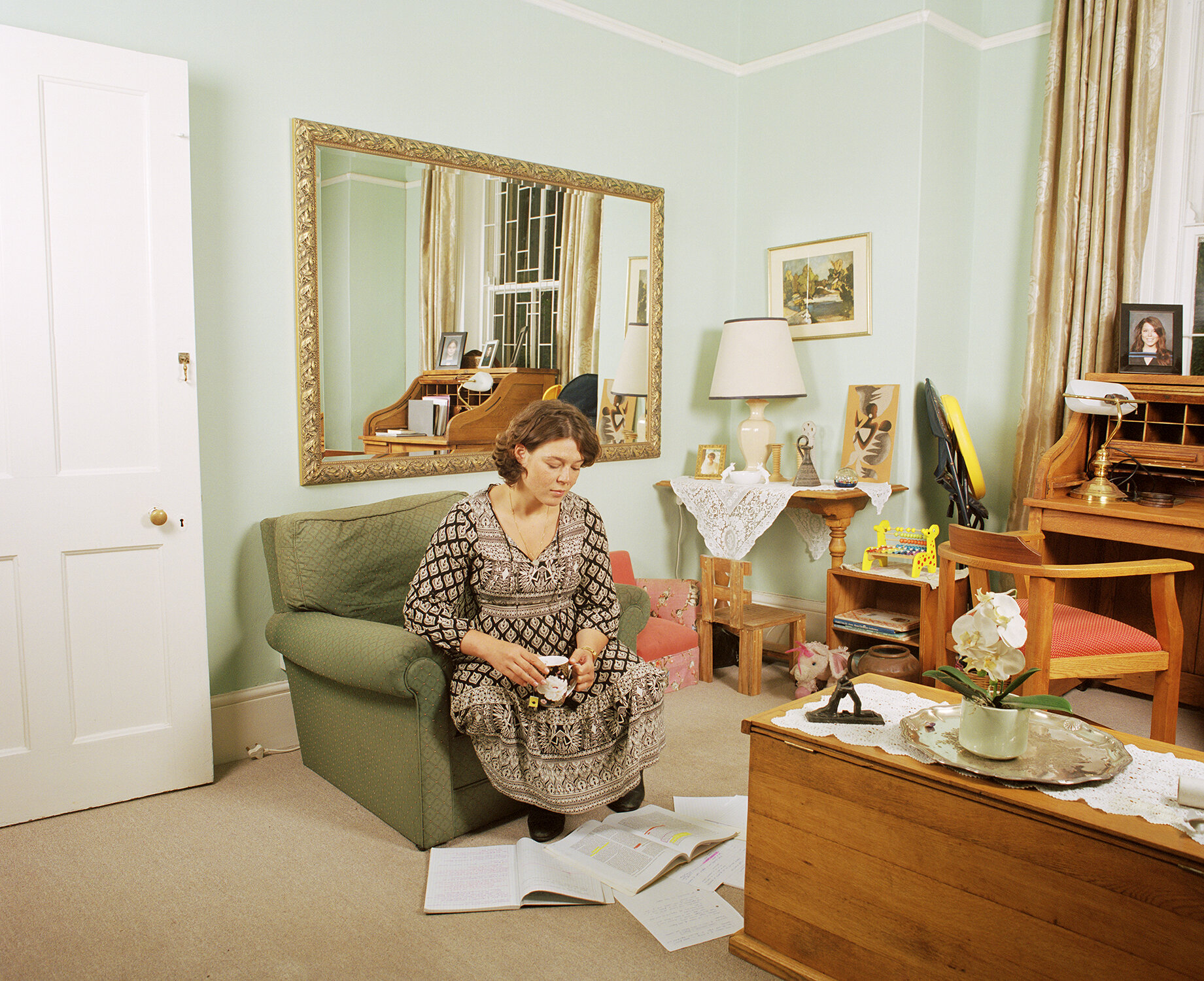
This picture was taken of Claire-Anne Lester when she was eight and a half months pregnant with her daughter. Claire-Anne’s great grandmother, Christine Lester, owned land at 29 Strawberry Lane The image is of Claire leaning over notes used in her PhD thesis. Surrounded by photographs of her family, her niece’s toys, and mismatched furniture, the image represents the extended families of those who were evicted and the impact of forced removals on their lives.

Archive- Dress

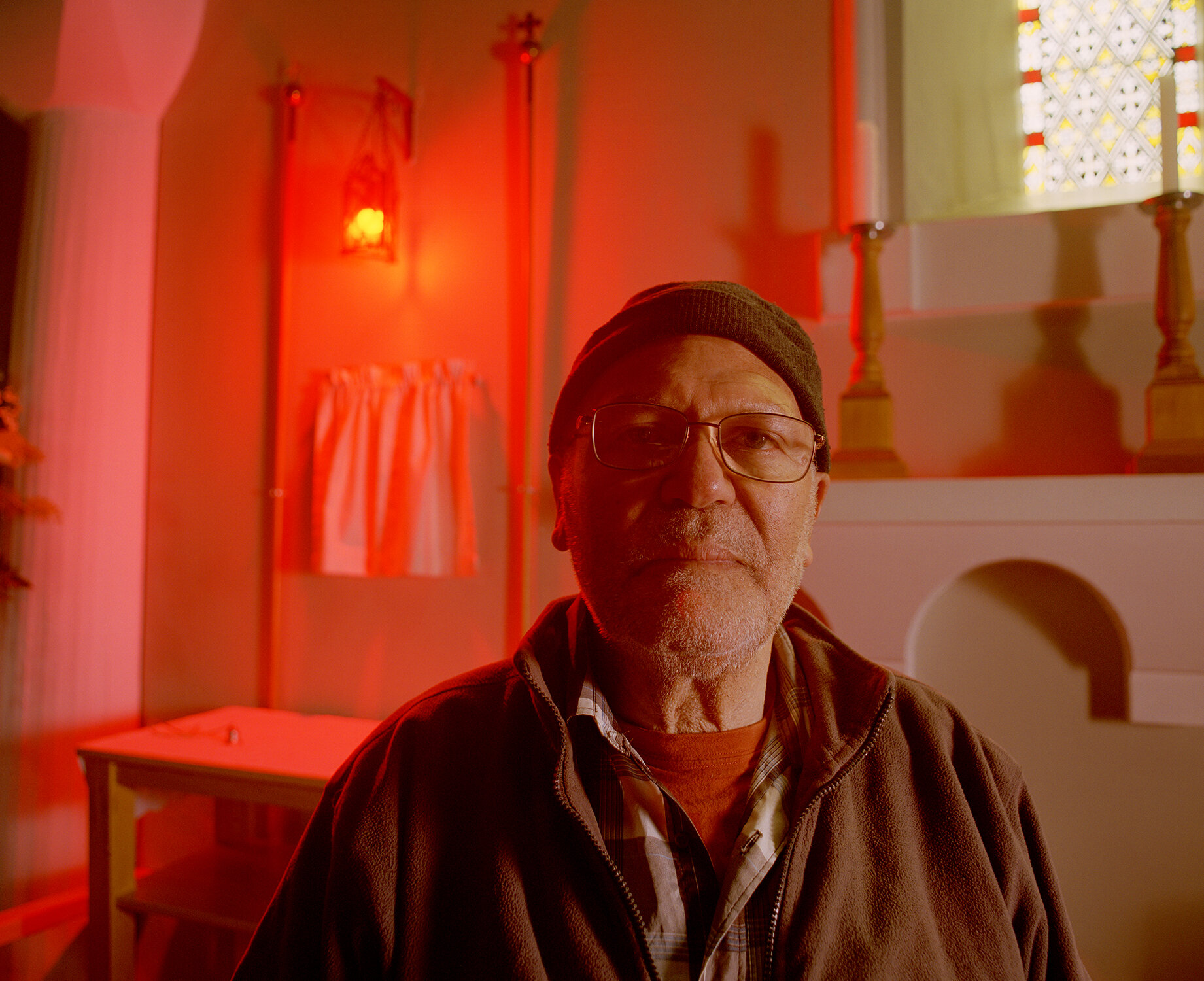
Dawood Sadien, taken in Christ Church, Constantia. The Sadien family owned Sillery Farm since 1902 but were evicted during Apartheid. The Sadien family claimed the restoration of land and in 2013 the Land Claims Court awarded the Sadien family an 8.9 hectare, state owned property which partly borders Brommersvlei road and Rathfelder Avenue. The property is still to be transferred due to continued contestation by current occupants.

Archive- Deed
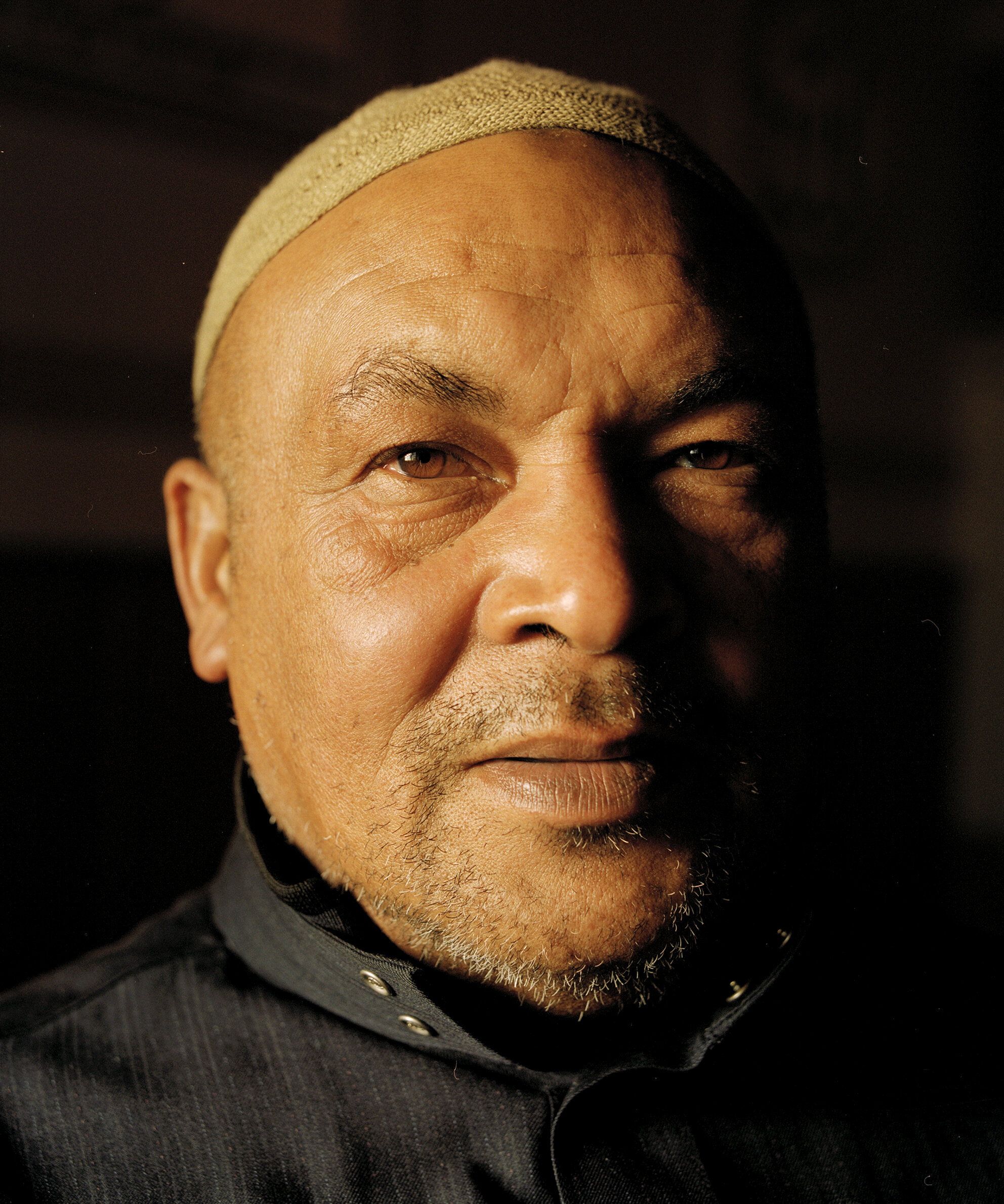
152 Families
This photograph of Imam Omar Davis was taken at the Constantia Mosque, Spaanschemat River Road, Belle Constantia. This mosque was kept open despite Apartheid’s laws due to the resilience of the congregation when 152 families bought the land where the graveyard is, currently reserved for the families. The Islamic heritage is another one of the key social institutions of Constantia dating back to the time of the slave trade.

Archive- Trumpeter
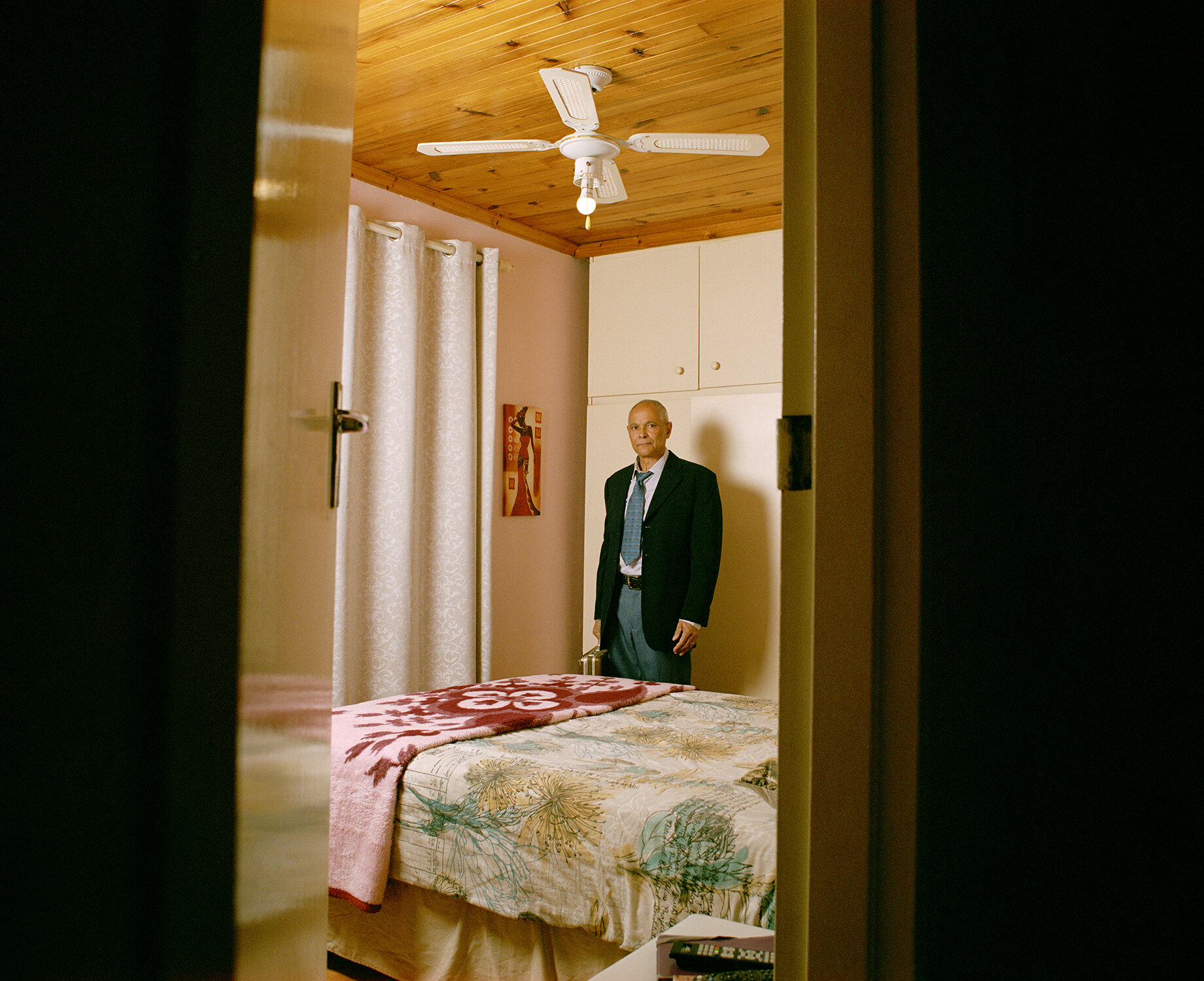
Stanley Davids who was born in Constantia’s Strawberry Lane in 1955 and was fourteen when he and his family were forcibly removed from the area. He started school in 1962 at Constantia Primary, where he was taught by teachers, many of whom also grew up and lived in Constantia. This image of Stanley Davids was taken from the passage peering into the bedroom of his Grassy Park home. It shows the intimate spaces we inhabit and our propensity to recreate spaces of home and comfort when faced with adversity.

Archive- Men With Instruments
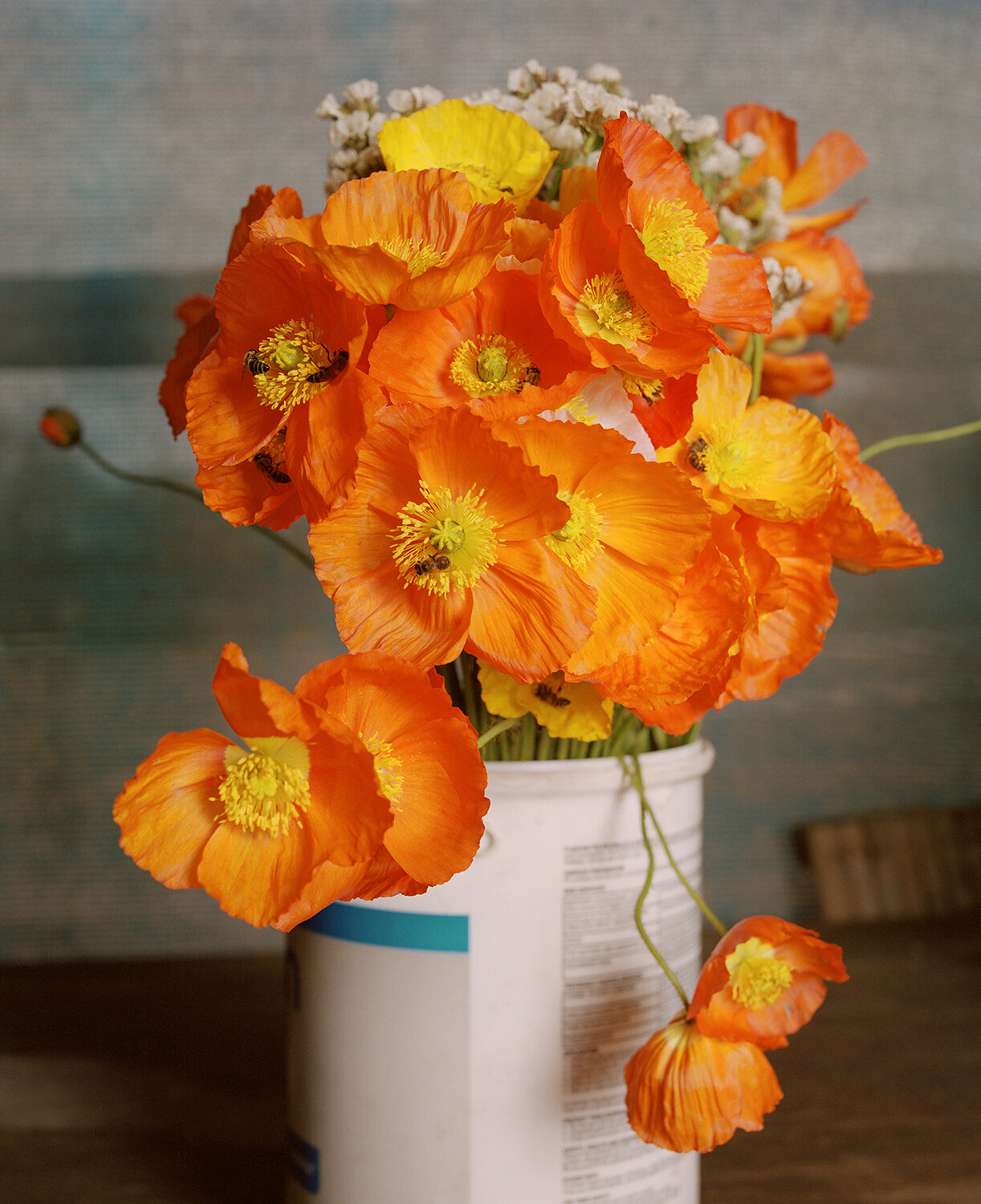
Conversations with Bees
This image of the poppies in the bucket is reminiscent of colonial Dutch paintings, but instead of the flowers being in an ornate vase they are in a plastic paint bucket. The poppies represent Constantia as a place of transnational history, the legacy of the Dutch East India Company on the composition of the state, and is a nod to and a space where people of many nationalities have lived and thrived.
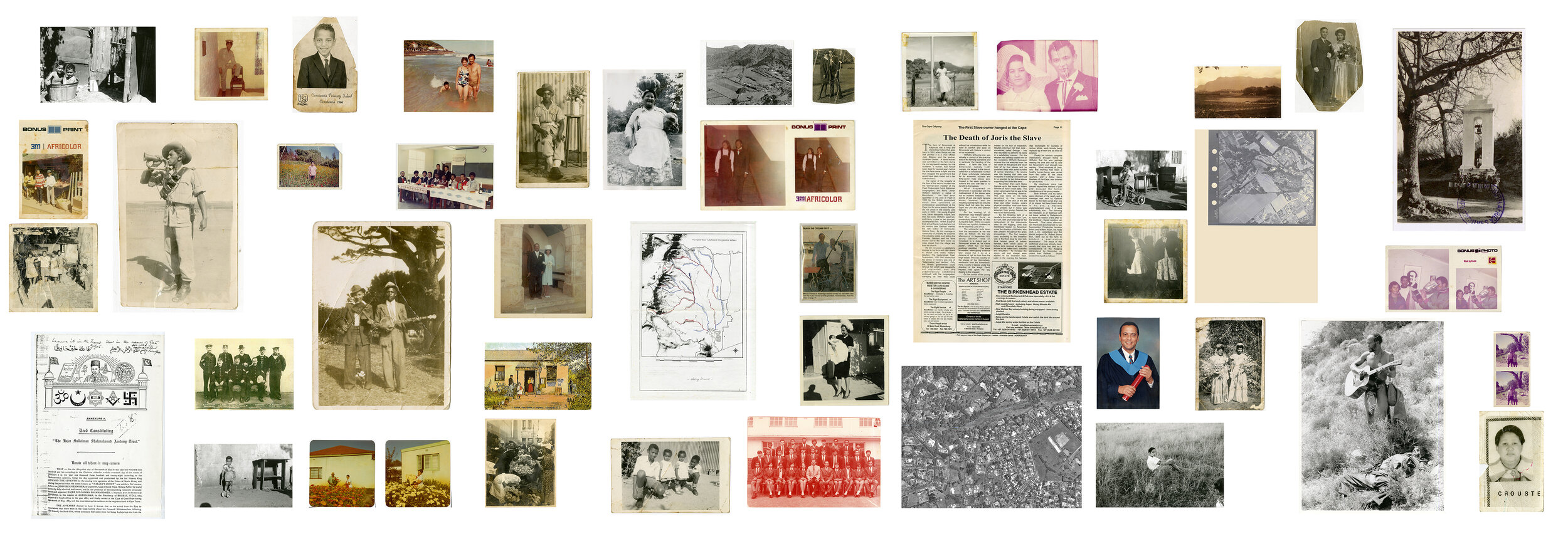
Constantia Archive- Memory Table

Diptych Of Harvey’s House In Grassy Park

Archive- Tributaries

Ernestine Deane’s family lived in Constantia farming fruit. She grew up returning to Constantia on Sunday trips, singing in Christ Church choir and visiting the Parish road ancestral graveyard with the family. The image of Ernestine is taken in her current home, the Disa park in Vredehoek, which overlooks the city of Cape Town from the foot of Devil's peak mountain. She is currently writing her new album and documentary.
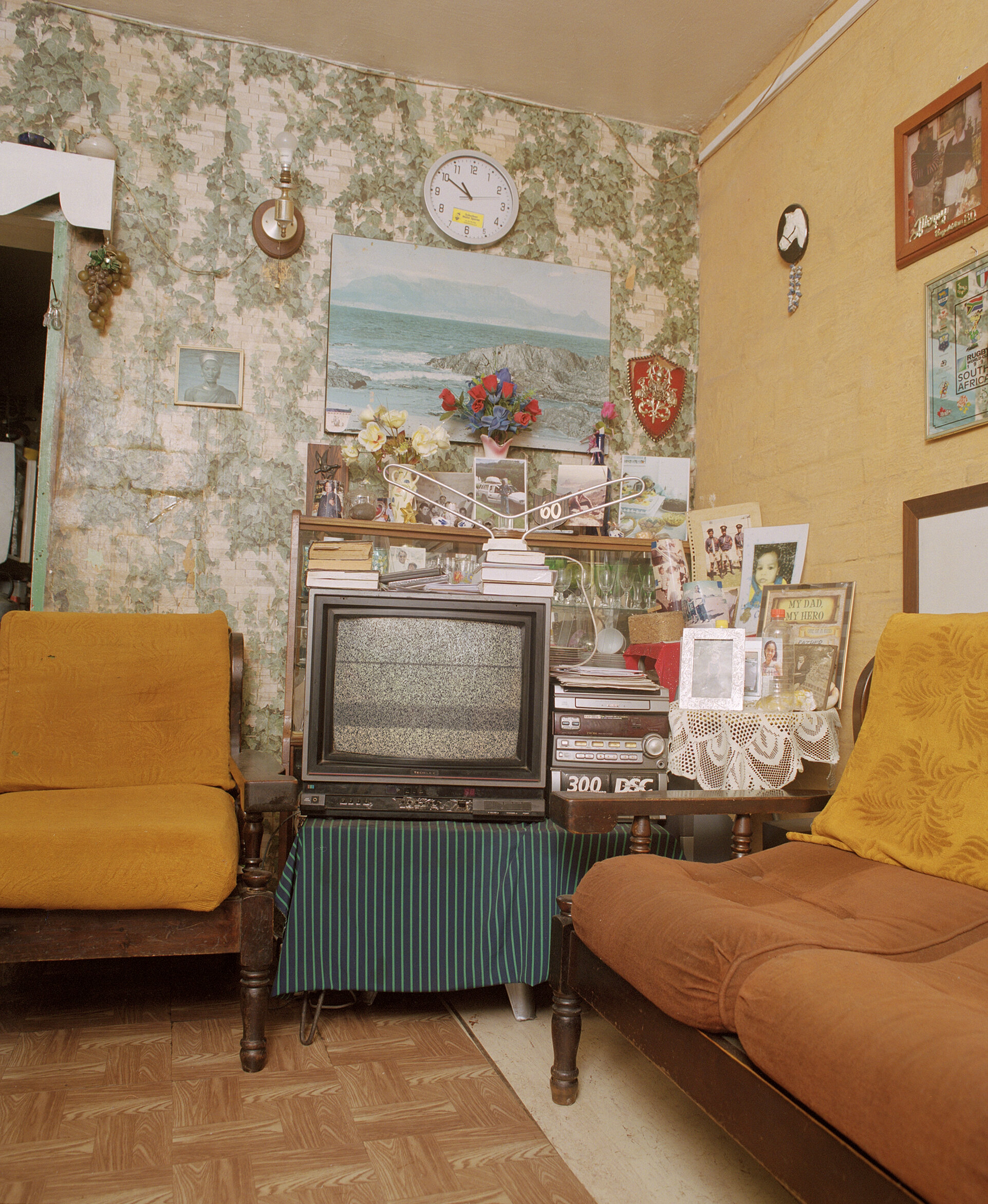
Ivan Pelston’s Living Room.
Parkwood Estate

Archive- Corpse, Sandy Bay

Corner Of Pagasvlei Road

Archive
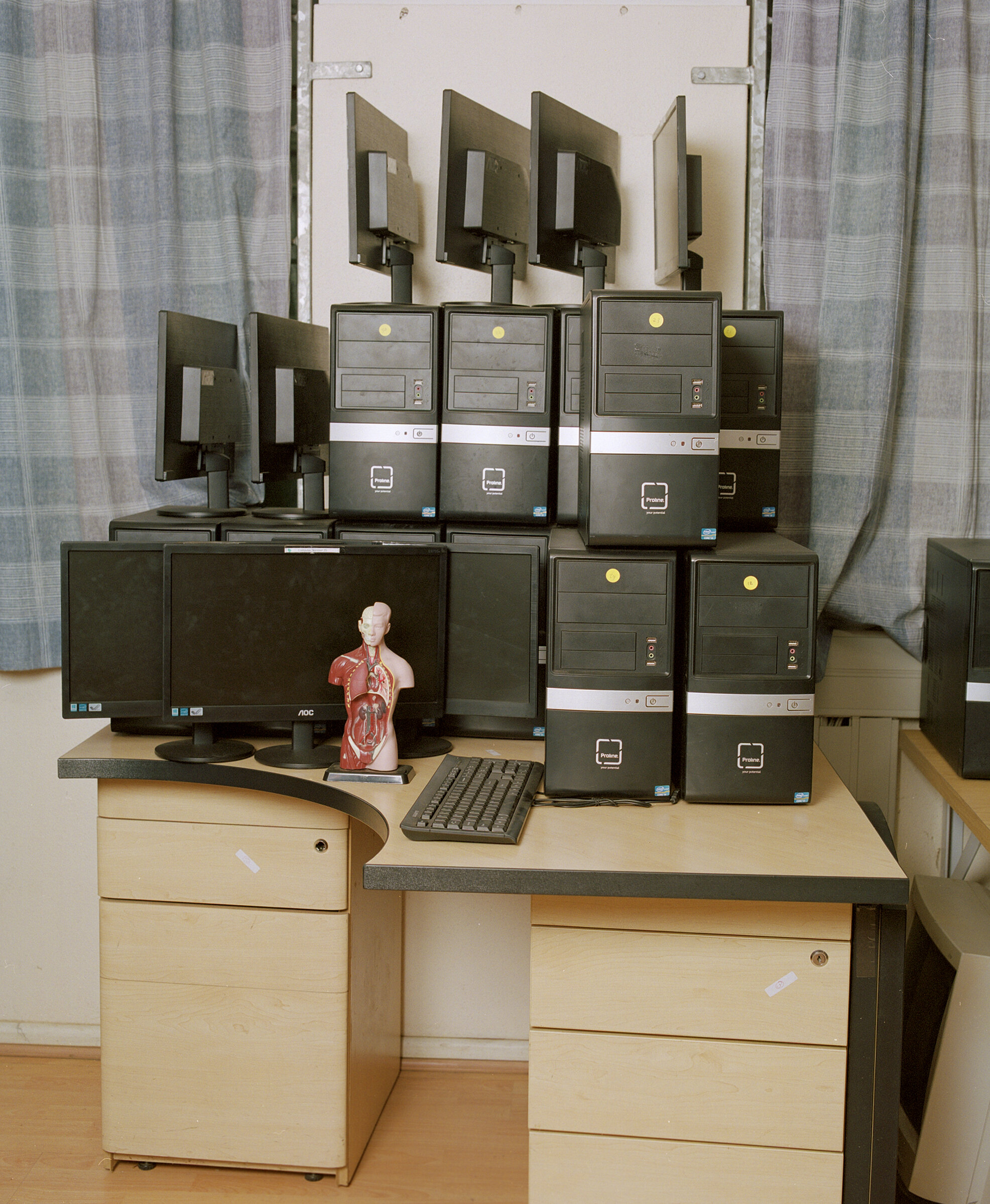
Constantia Primary’s IT Room
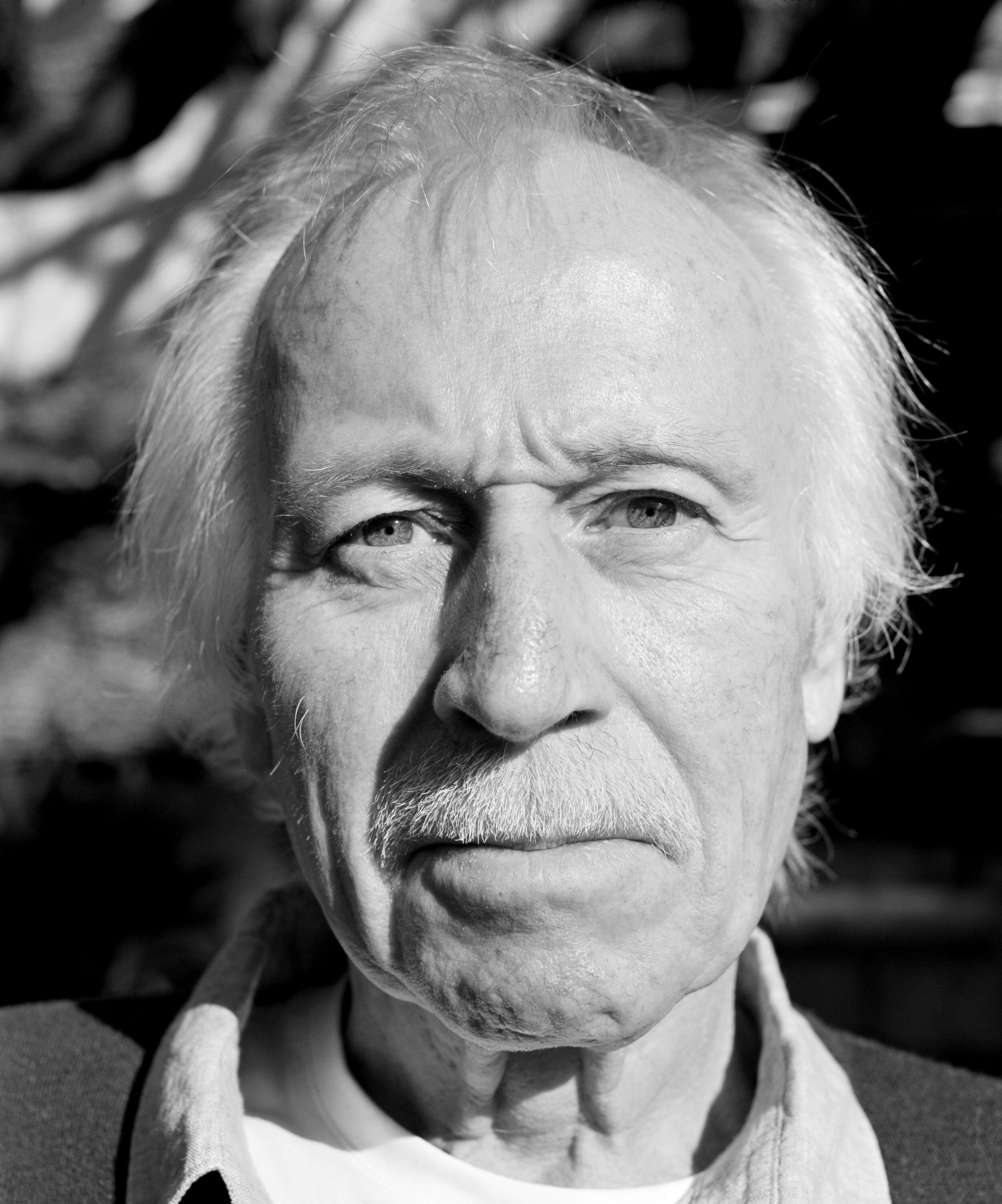
Chris Rousseau a few weeks before his sudden passing.
He was massively involved in preserving the history of former Constantia residents.
Rest In Peace

Archive- Young Boys

Ivan Pelston, in his home in Parkwood Estate where his family was evicted to when he was nineteen. Ivan laments witnessing his parents’ pain as they had to leave everything behind - their livestock and pets. He said they had planned to go back to fetch their chickens, but they never went back.
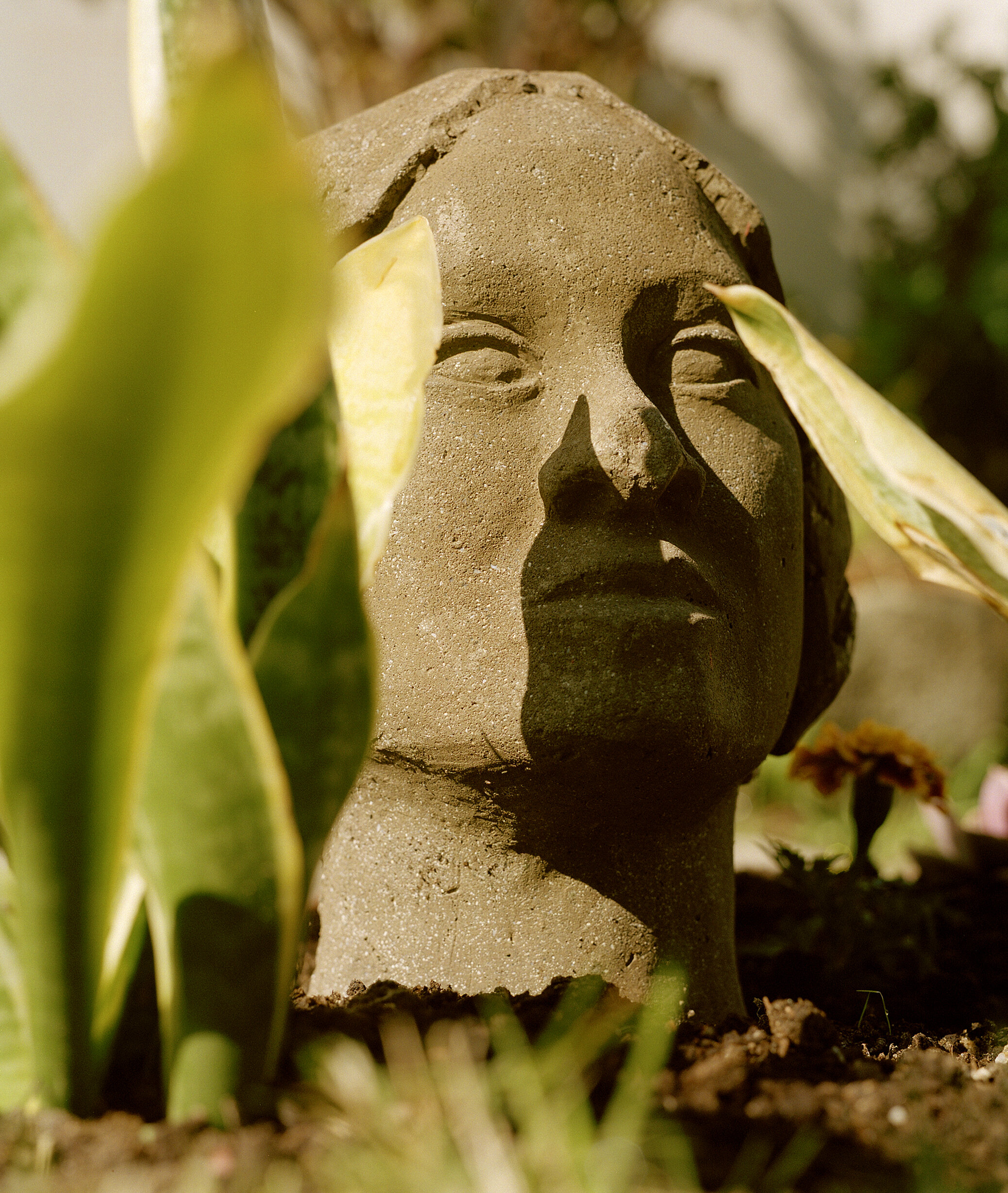
Portrait-Amy Ayanda/Lester’s Art Project

Archive- Generations
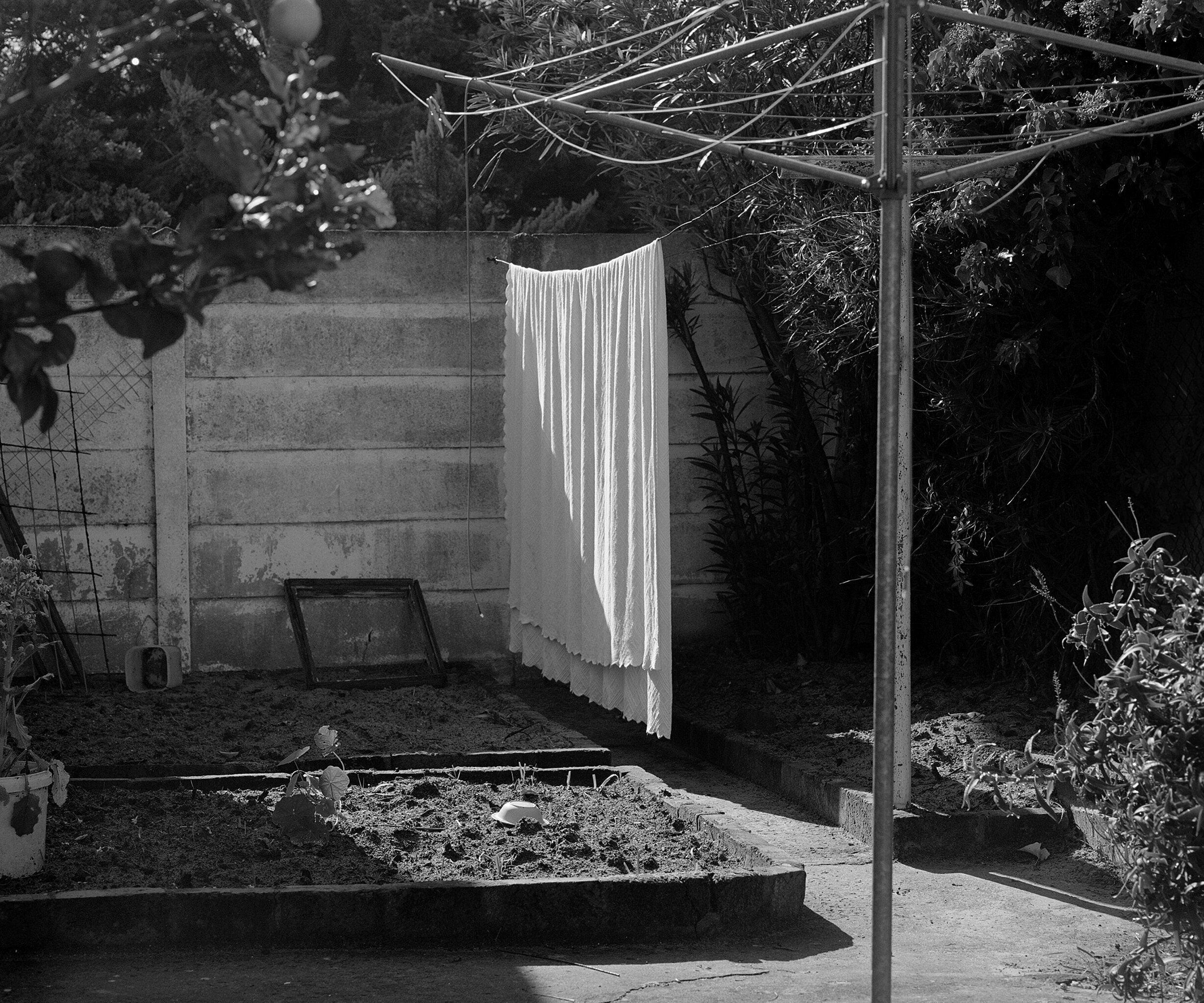
Amy’s Lester’s Backyard

Archive- Newborn
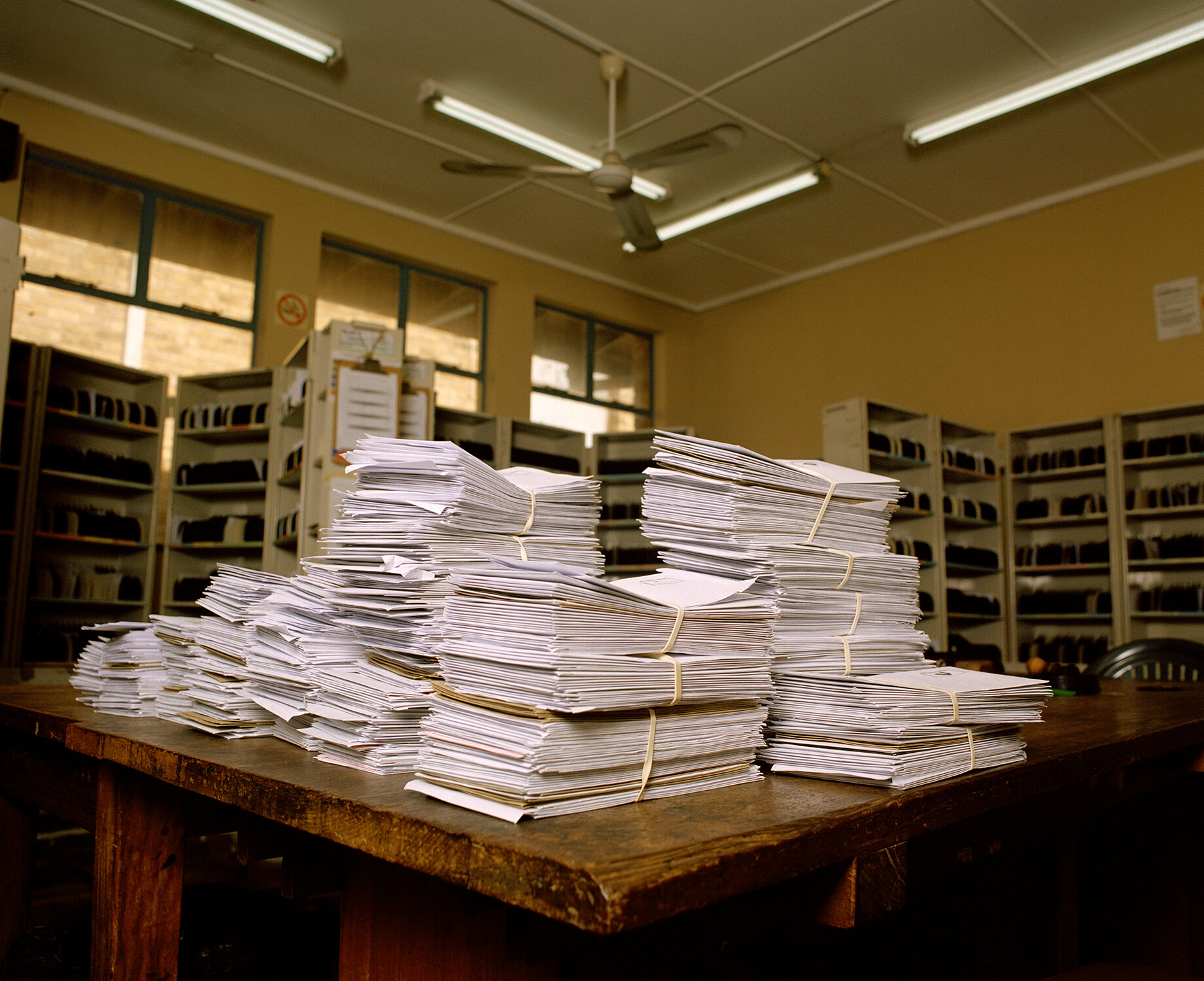
Post
This image was inspired by conversations with Phillip Petersen who lived in Brommersvlei Road. Born in 1956, he was twelve when the family was evicted. The image of the post piled on the table was taken at Fish Hoek post office, which is one of the many post offices across the Cape Peninsula where Phillip worked, the first being Constantia Post Office. The Constantia office closed in 2021 after over 70 years.

Archive-Phillip Petersen
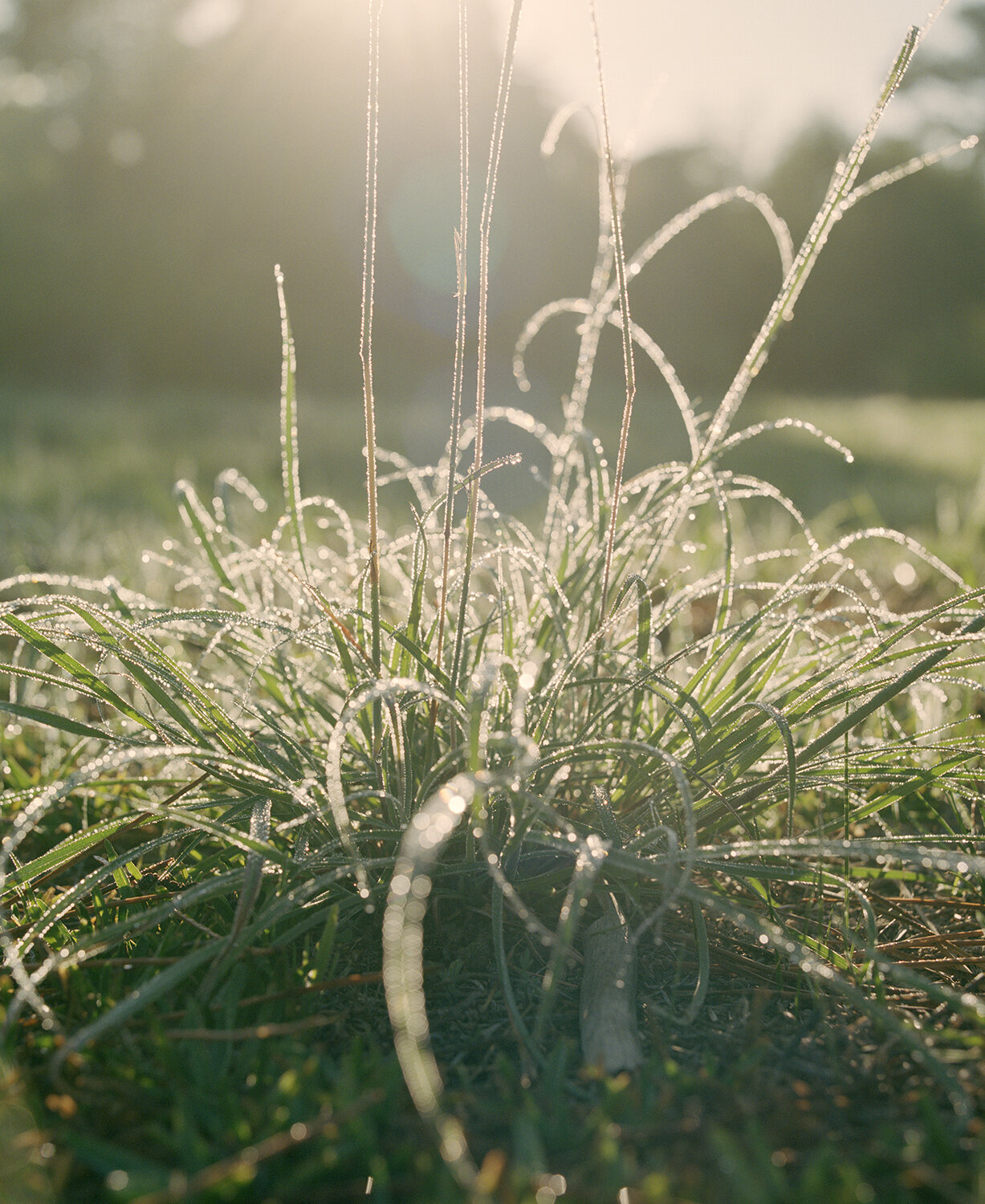
Between The Graves
The image of the dew on the long grass is taken at the Parish Road cemetery. This is one of the places where the families of the local Constantia community were buried, which has become overgrown and unkempt. It speaks to the many ways in which people connect to the land amidst the passing of generations.

The Ladies Mile off-ramp

Archive-Newly Weds
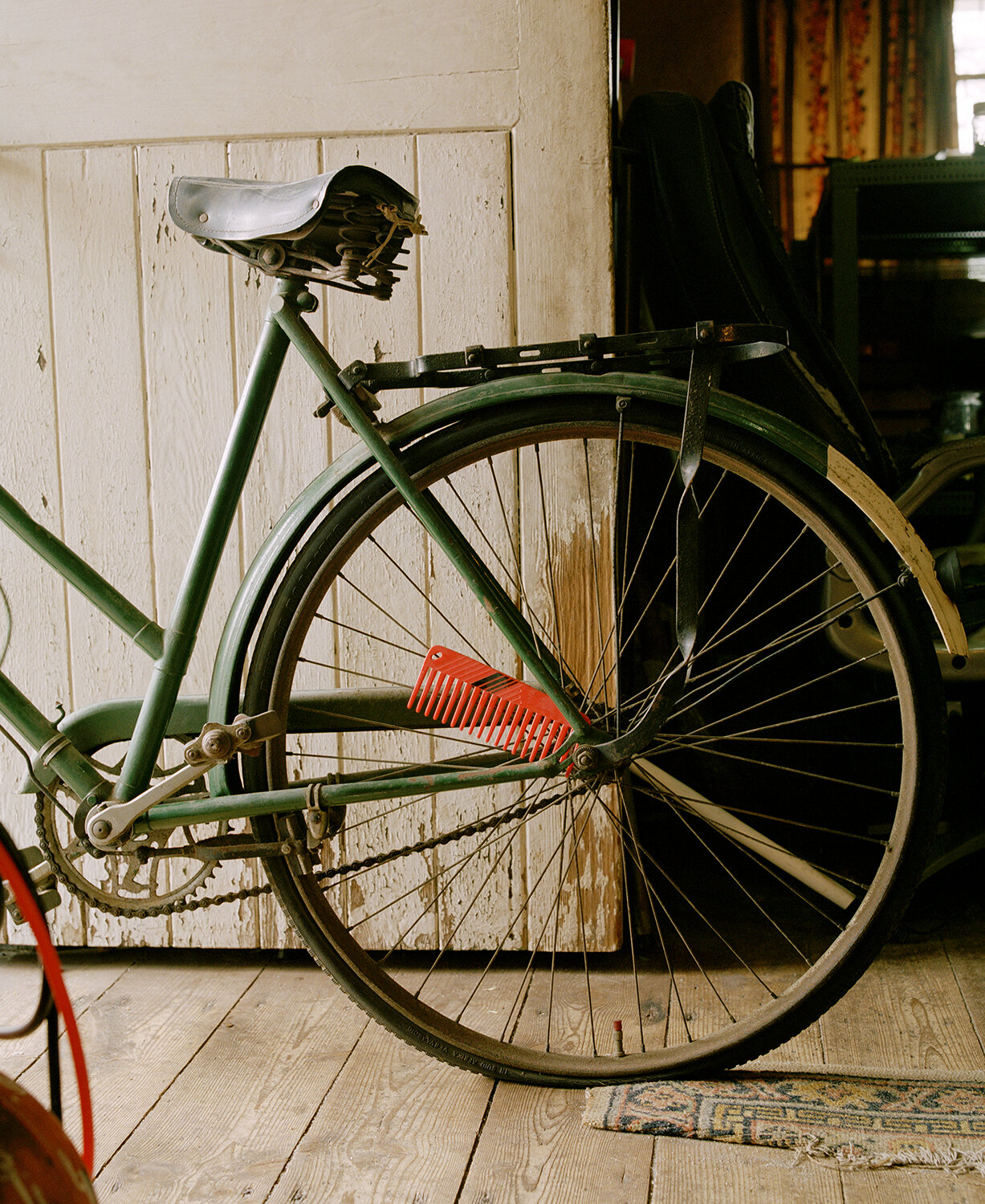
Mother’s Bicycle
The bicycle was owned by the late Nora Williams, Virginia Appollis’s mother. This is the original Rally bicycle kept by Virginia after her mother passed on, photographed in the home Virginia and her family moved to in Lake Road, Lotus River. The comb represents the ingrained notion that one should always look presentable no matter how little you have and is a symbol of the dignity lost when stripped of one’s rights.

Archive- Between The Flowers

Stanley’s Briefcase
Stanley Davids’ briefcase he keeps neatly tucked away in his Grassy Park home. The briefcase holds remnants and memorabilia from his past. It is indicative of the painful memories that people keep tucked away and the mechanisms used to cope with daily life.
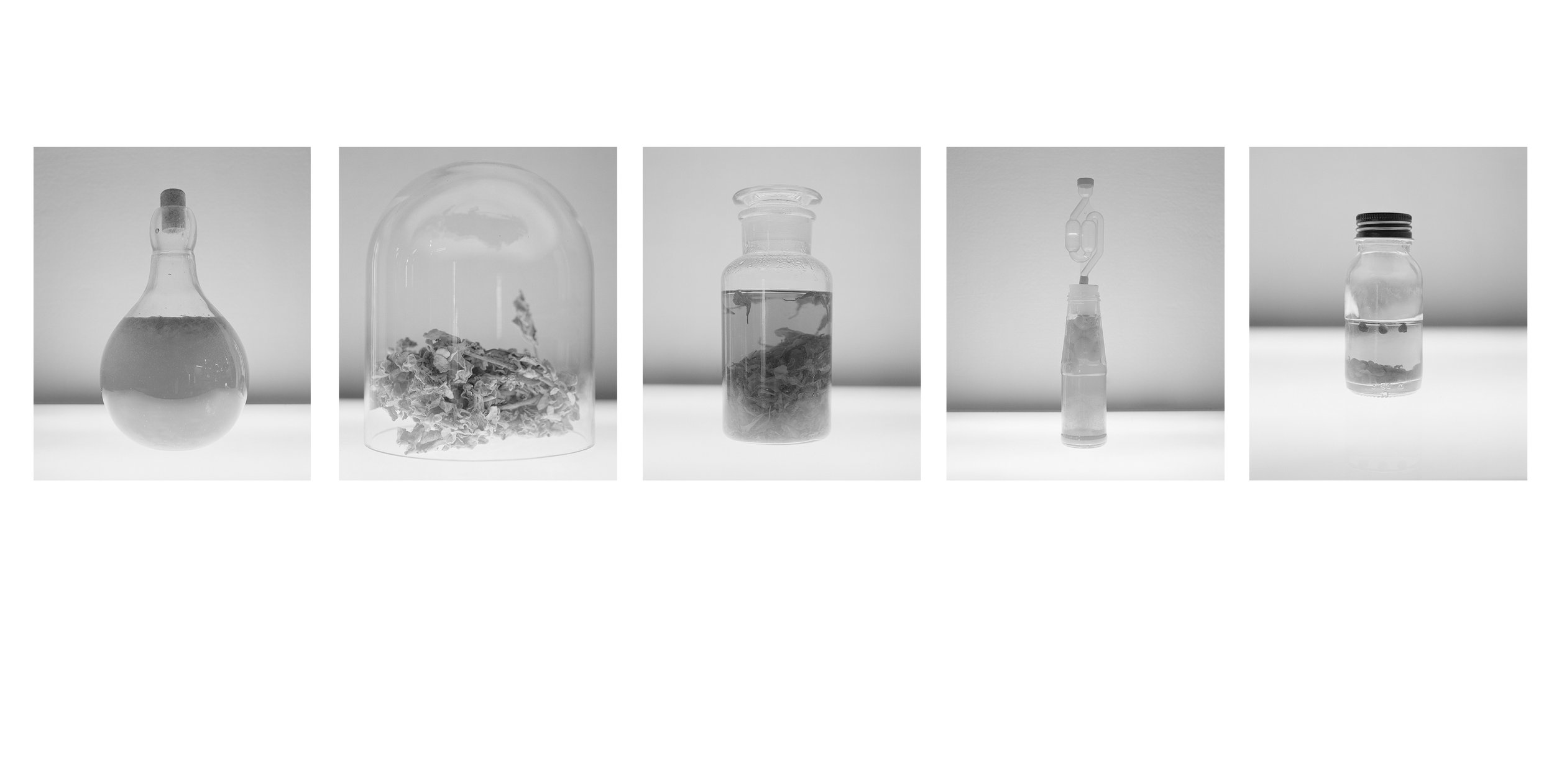
Botanicals By The Brilliant Zayaan Kahn
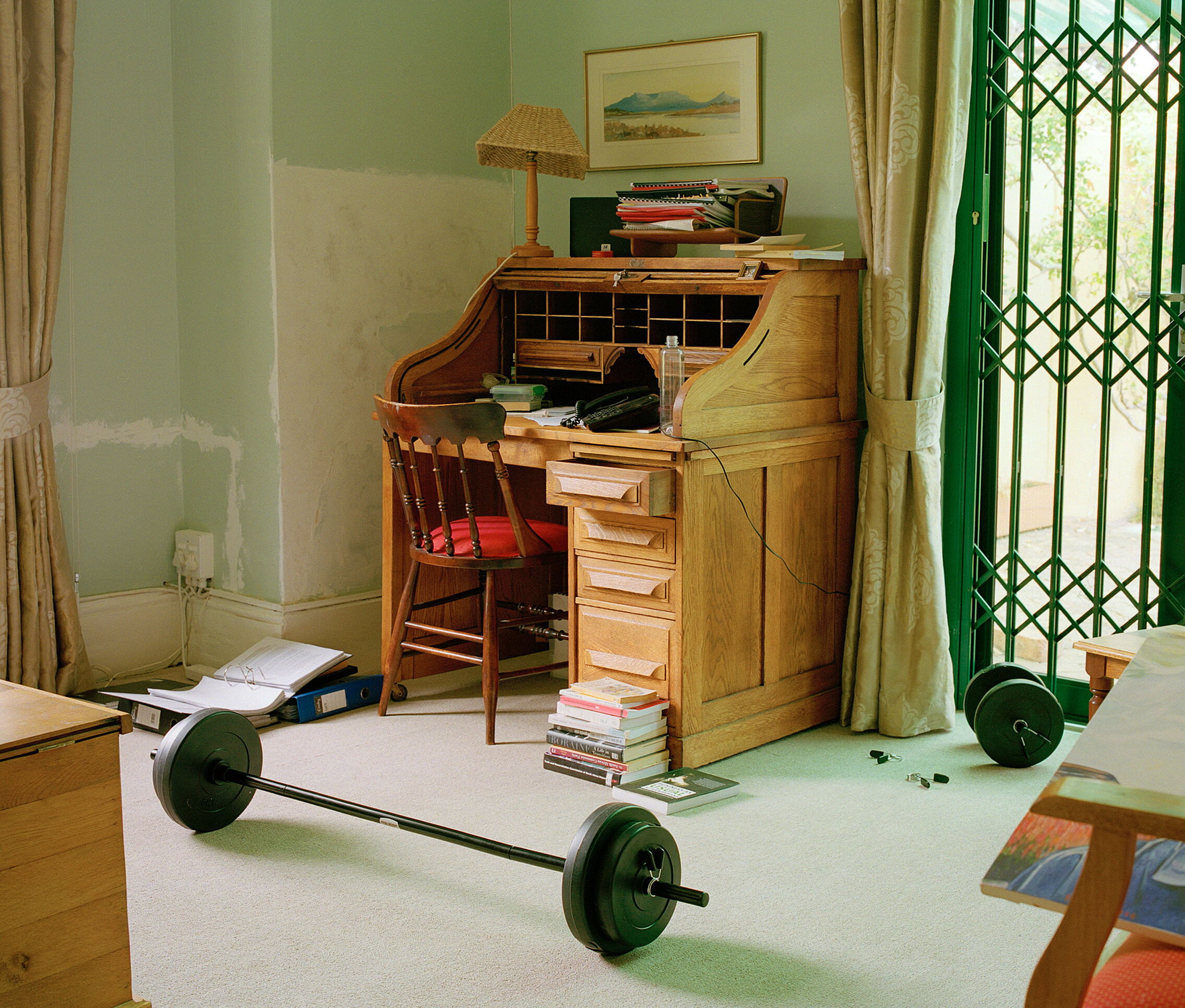
Renovations Of The Lester Residence

Archive- Class
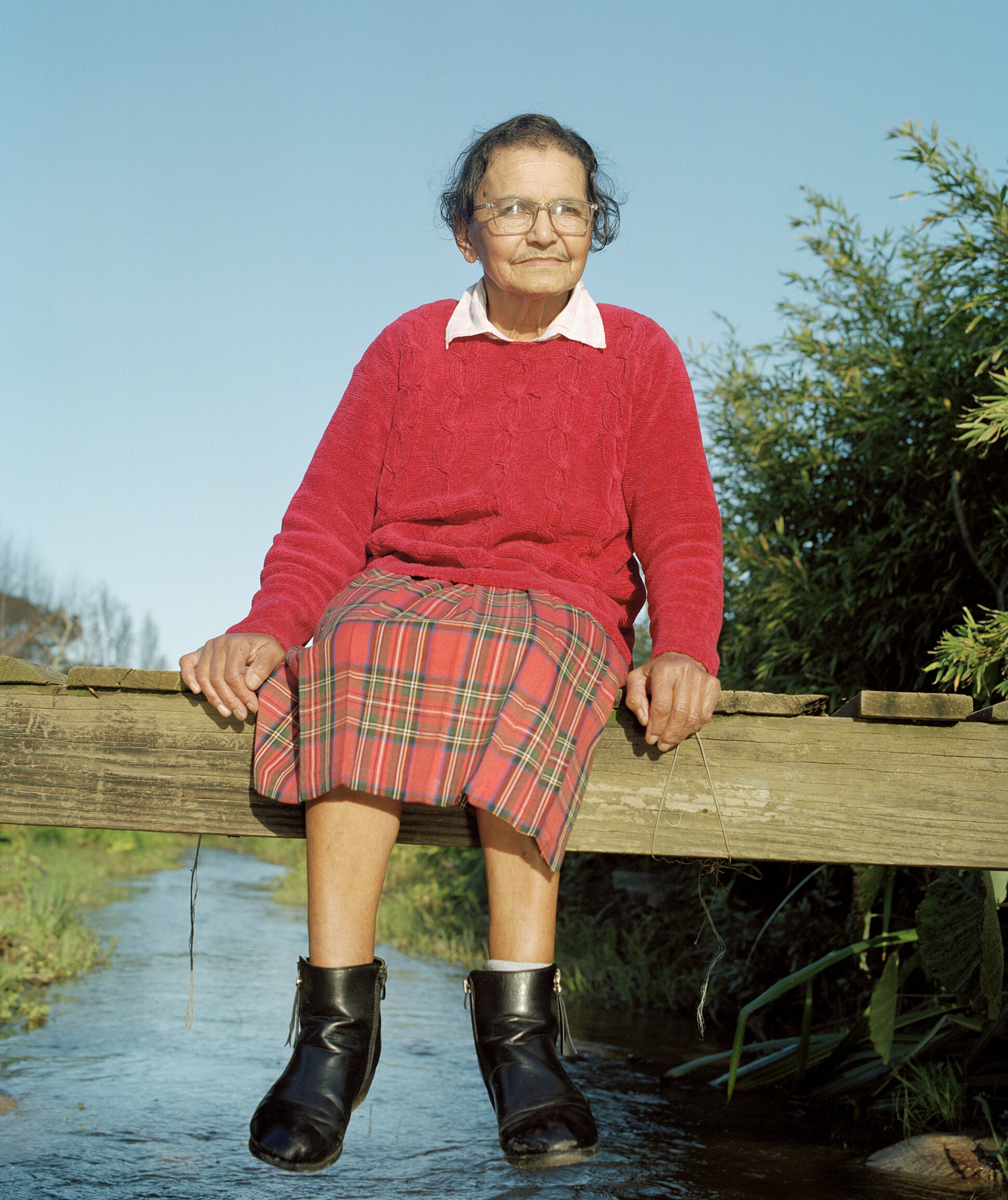
Virginia Appollis whose family lived in Violet Lane growing cut flowers. They were evicted in 1967
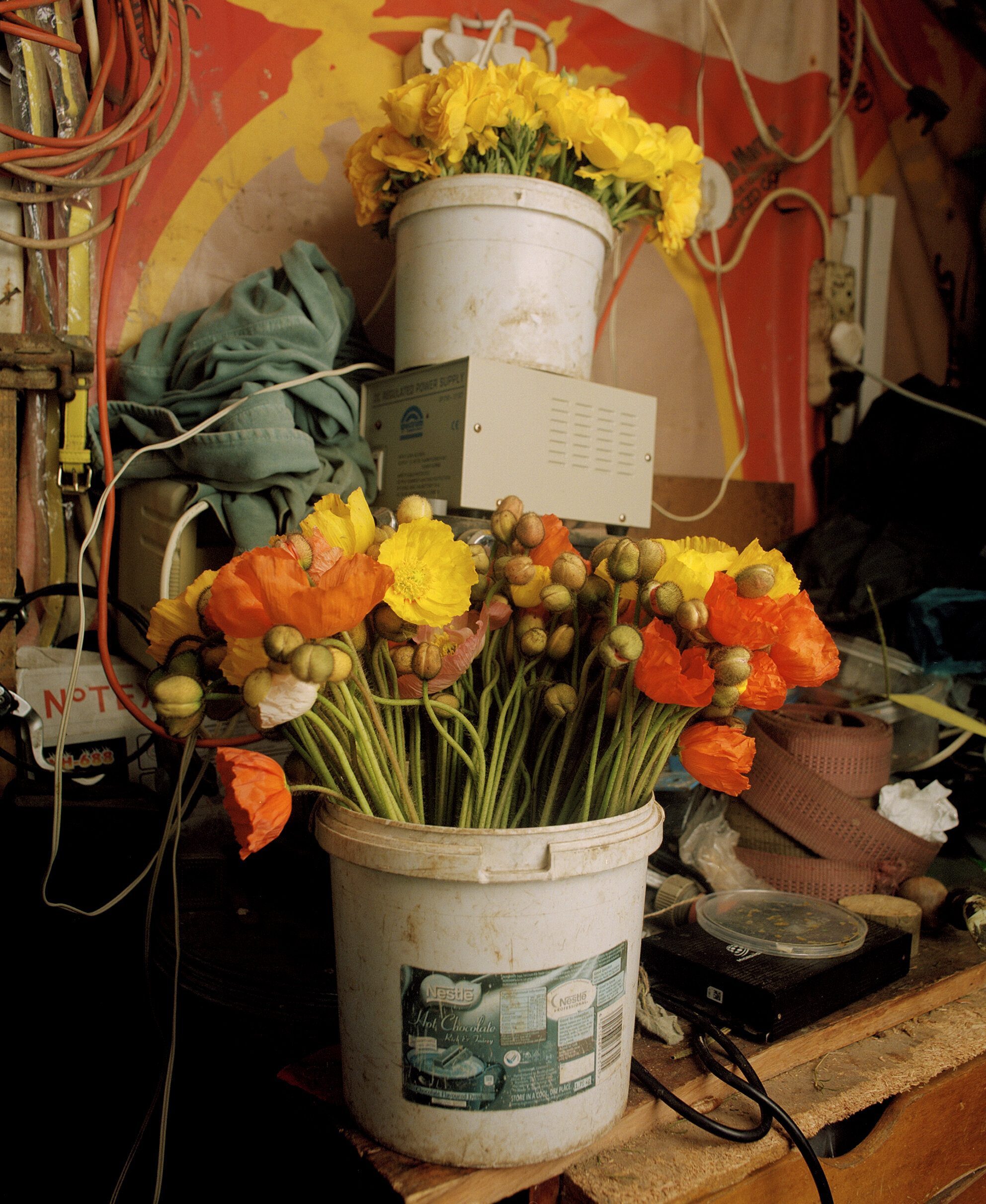
Jaftha Farm- This image of the poppies in the bucket is reminiscent of colonial Dutch paintings

Mrs Rowe’s Front Door

Archive- Old Vineyards Near Bel Ombre
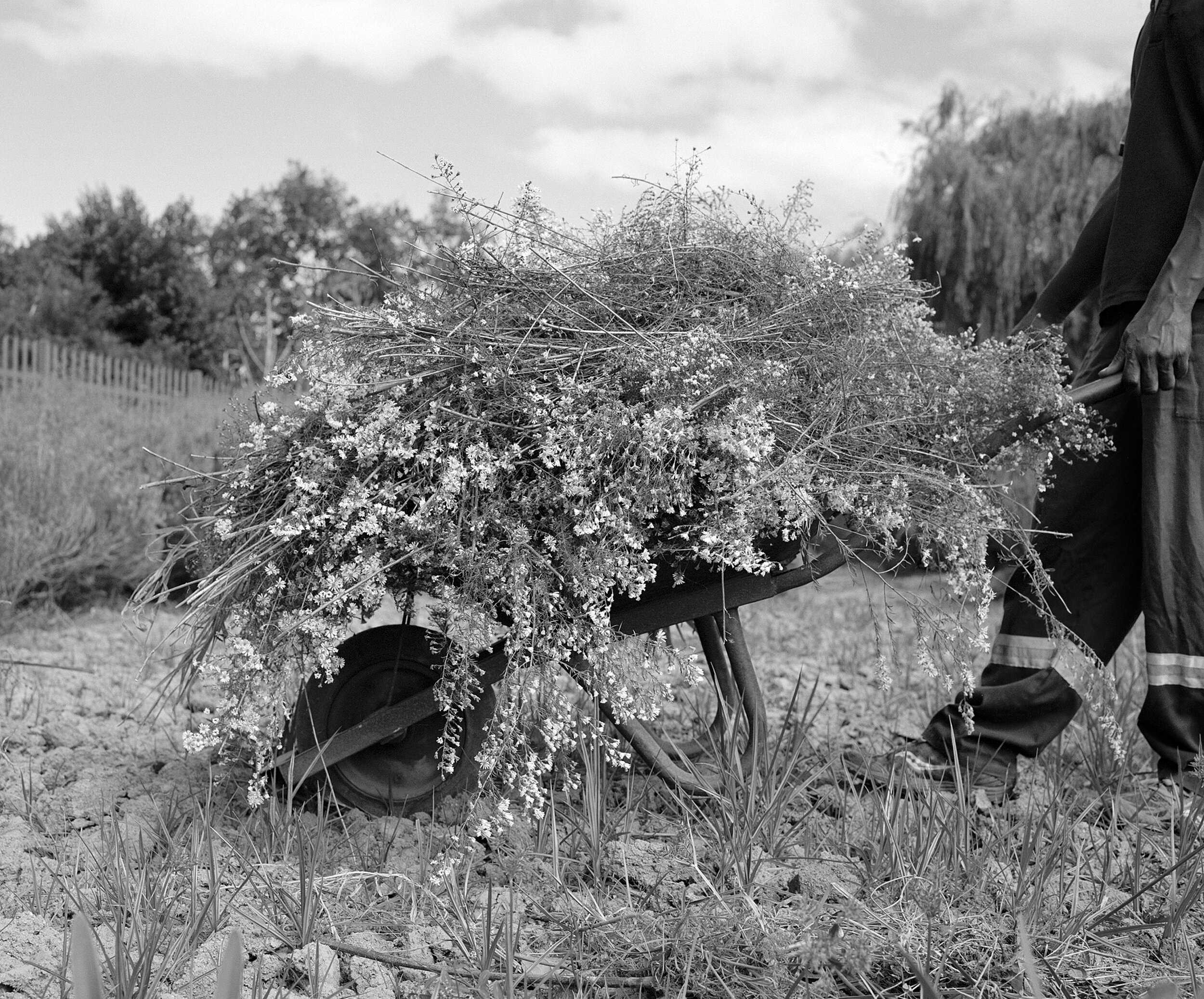
Wheel Barrow

Archive- Joris The Slave
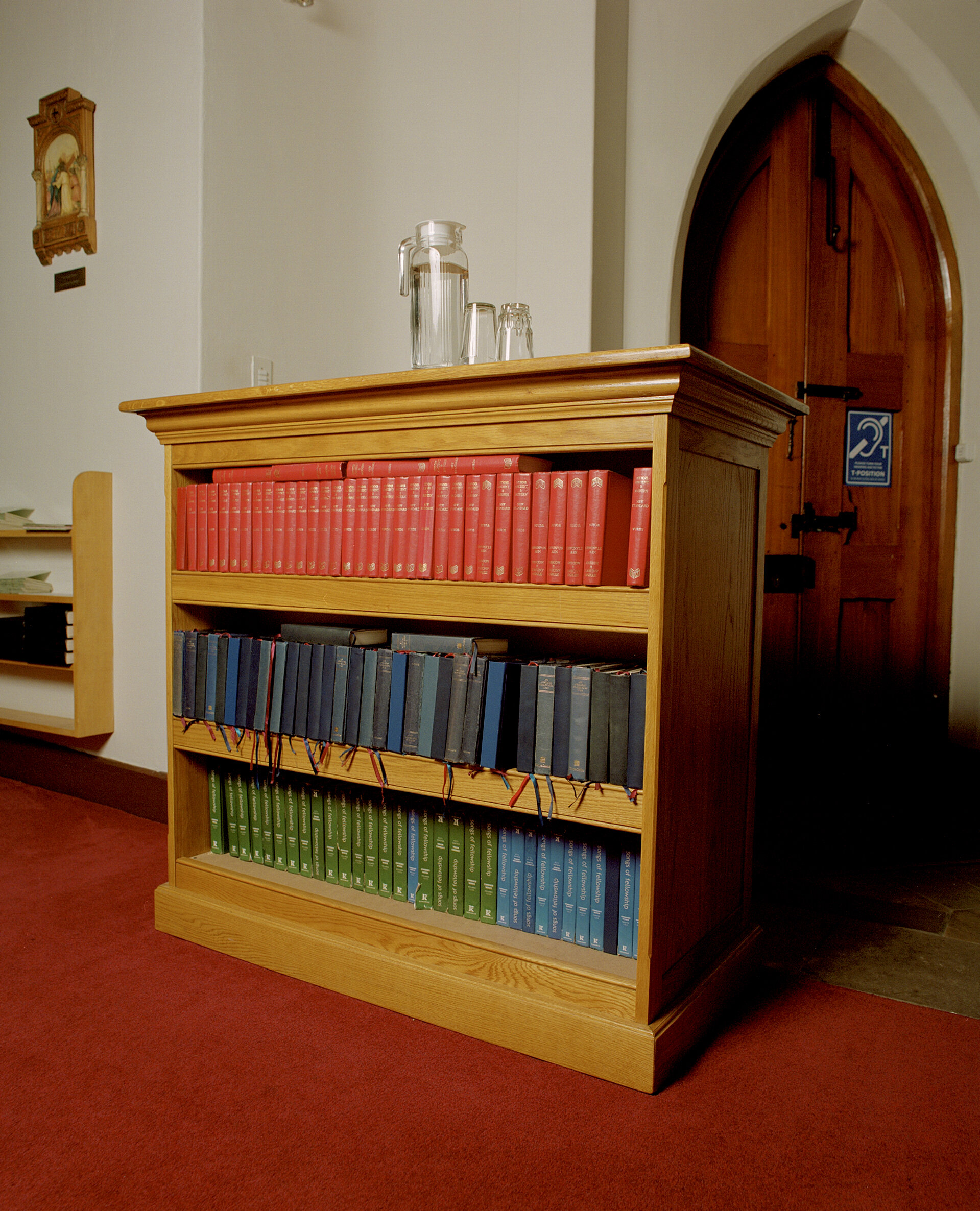
Edtions, Christ Church
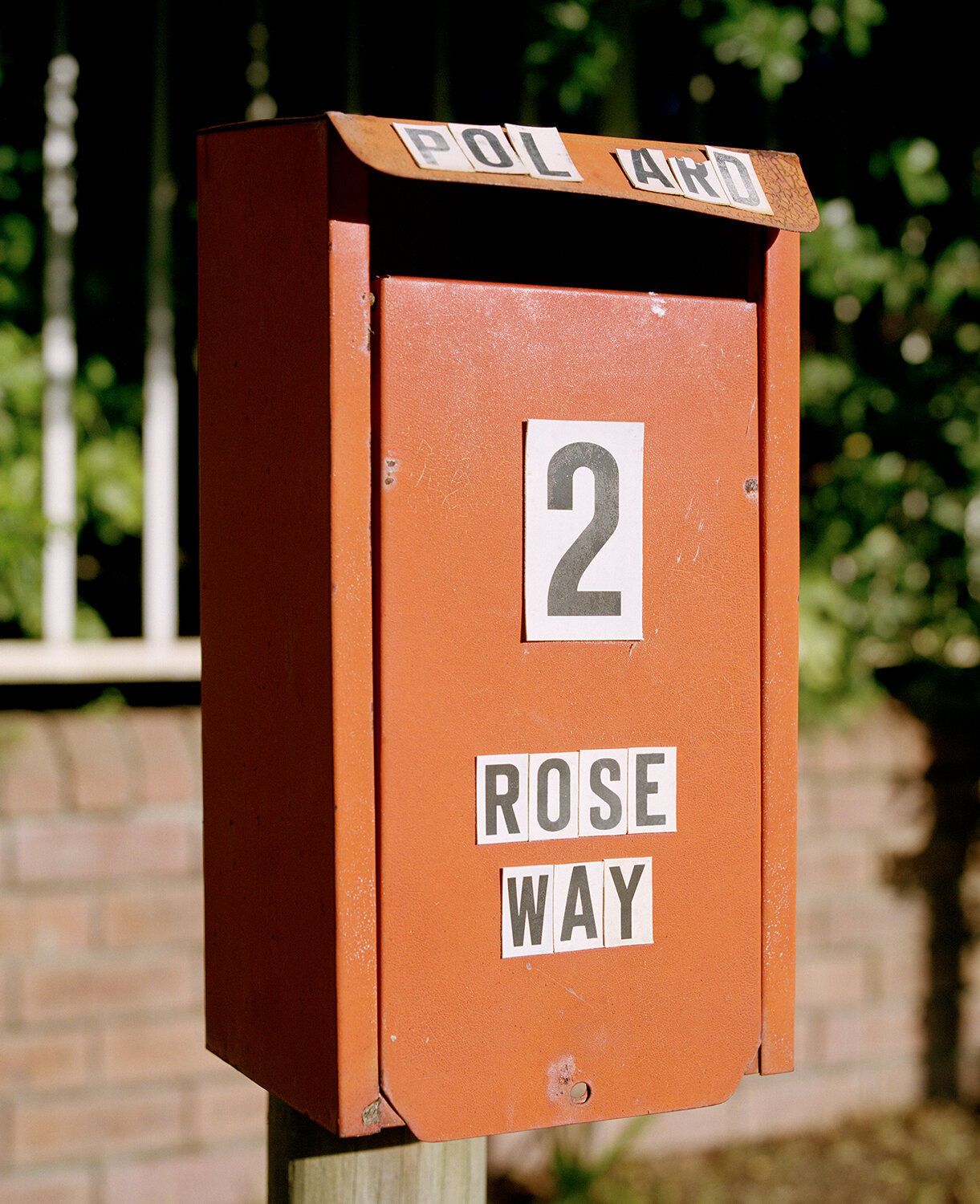
The Rose Way postbox speaks to the thousands of people who were evicted under the Group Areas Act. It speaks to the notion of property, place and land ownership and the way ownership of property is at once concrete and ephemeral.
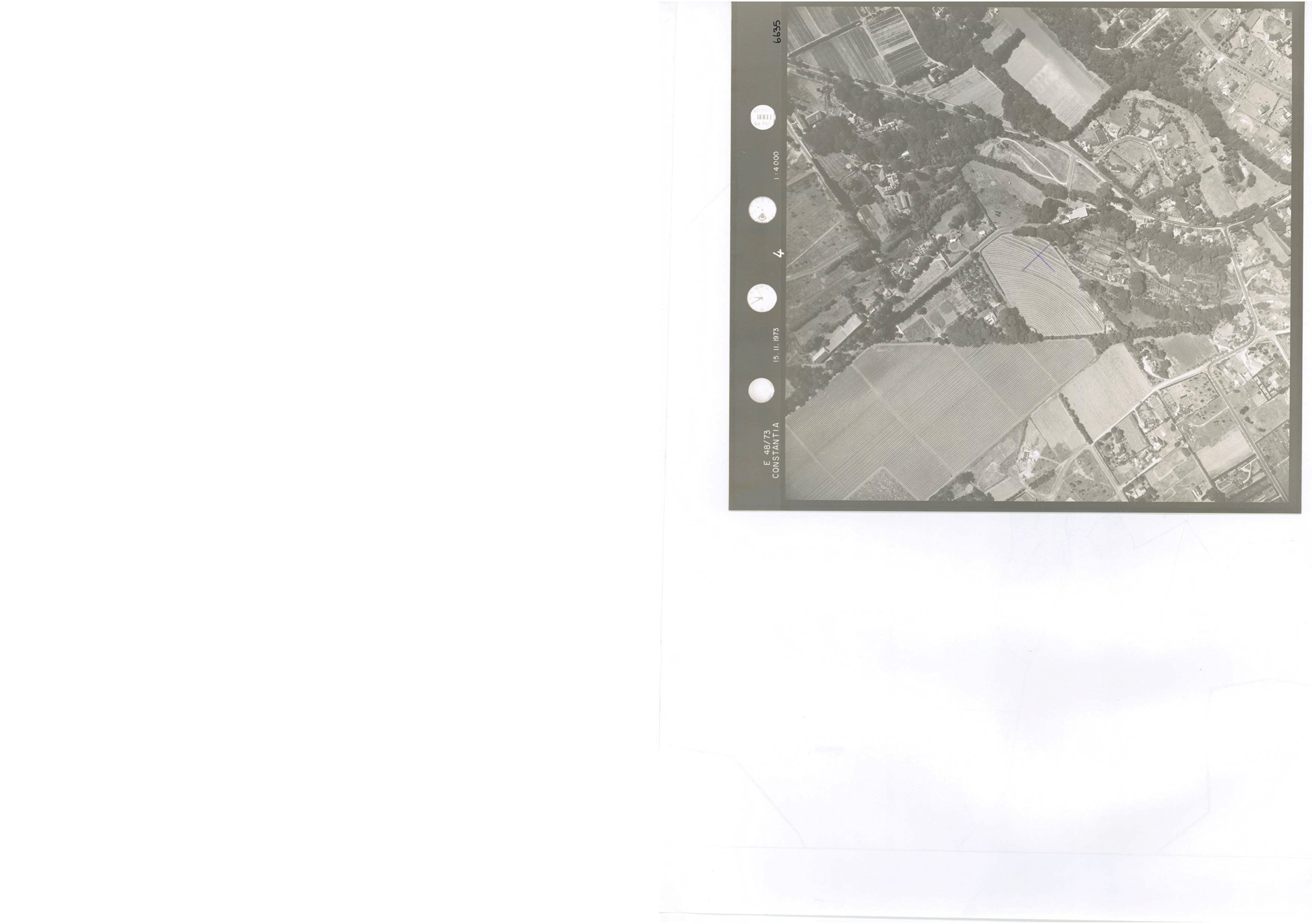
Archival Map

The backyard of the informal clubhouse of the Spaansemacht Masjid in Grassy Park.

Archive- Family At Fishhoek Beach

Archive- Victory

Diptych- Constantia Primary’s Library

Archive- Newly Weds
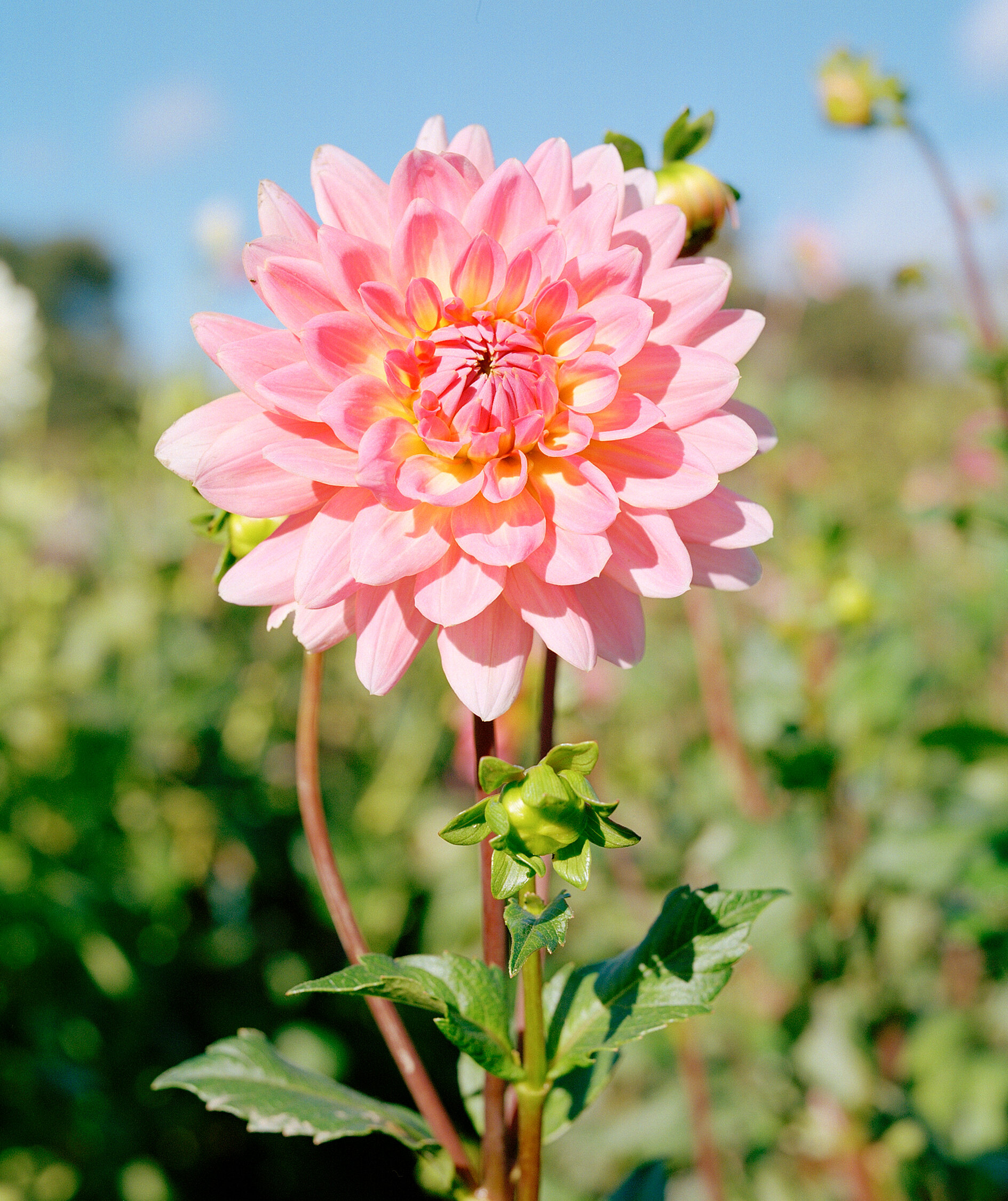
Spring-Jaftha Farm

Archive- Toddler
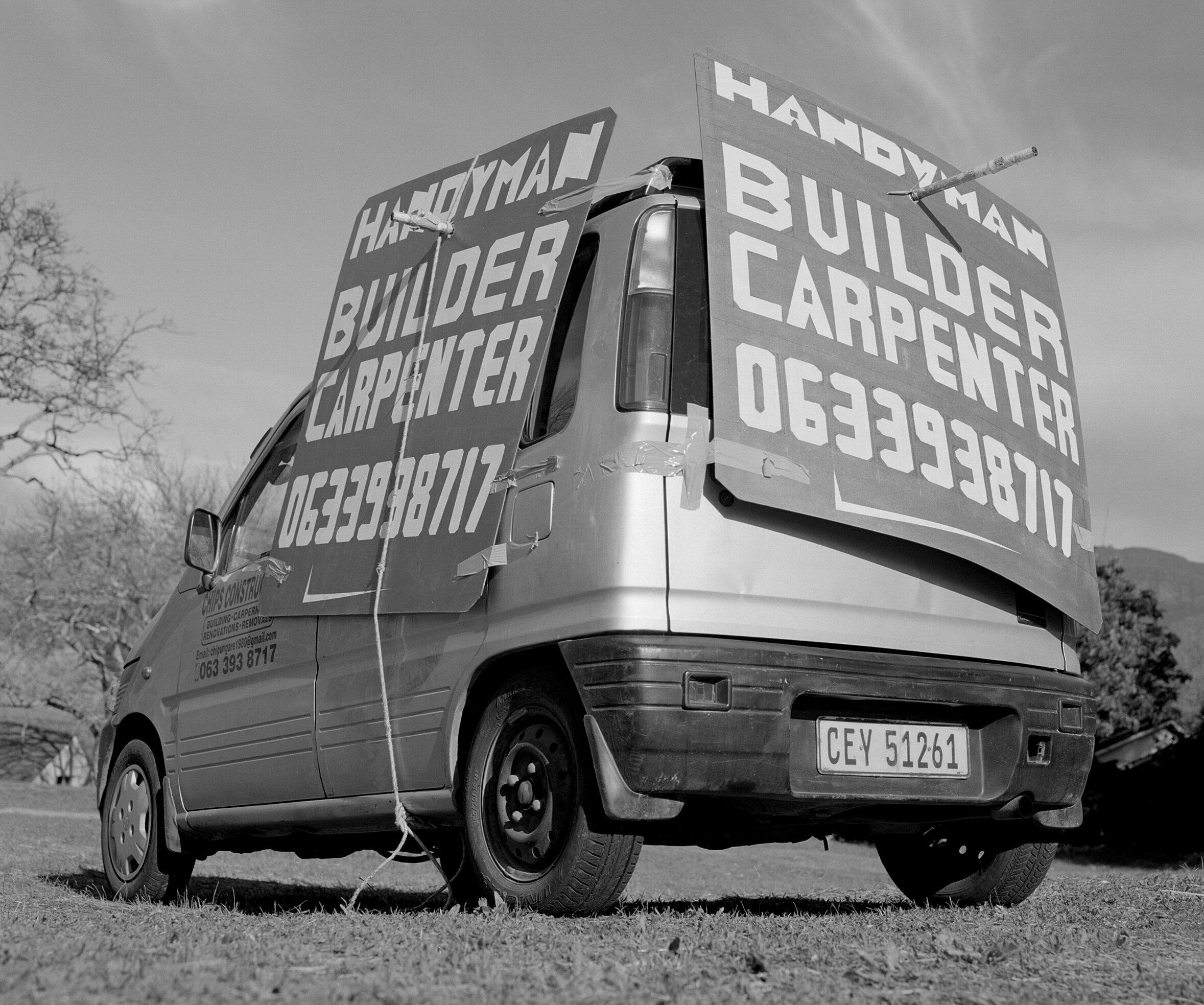
Handyman

Archive- Wedding Celebrations
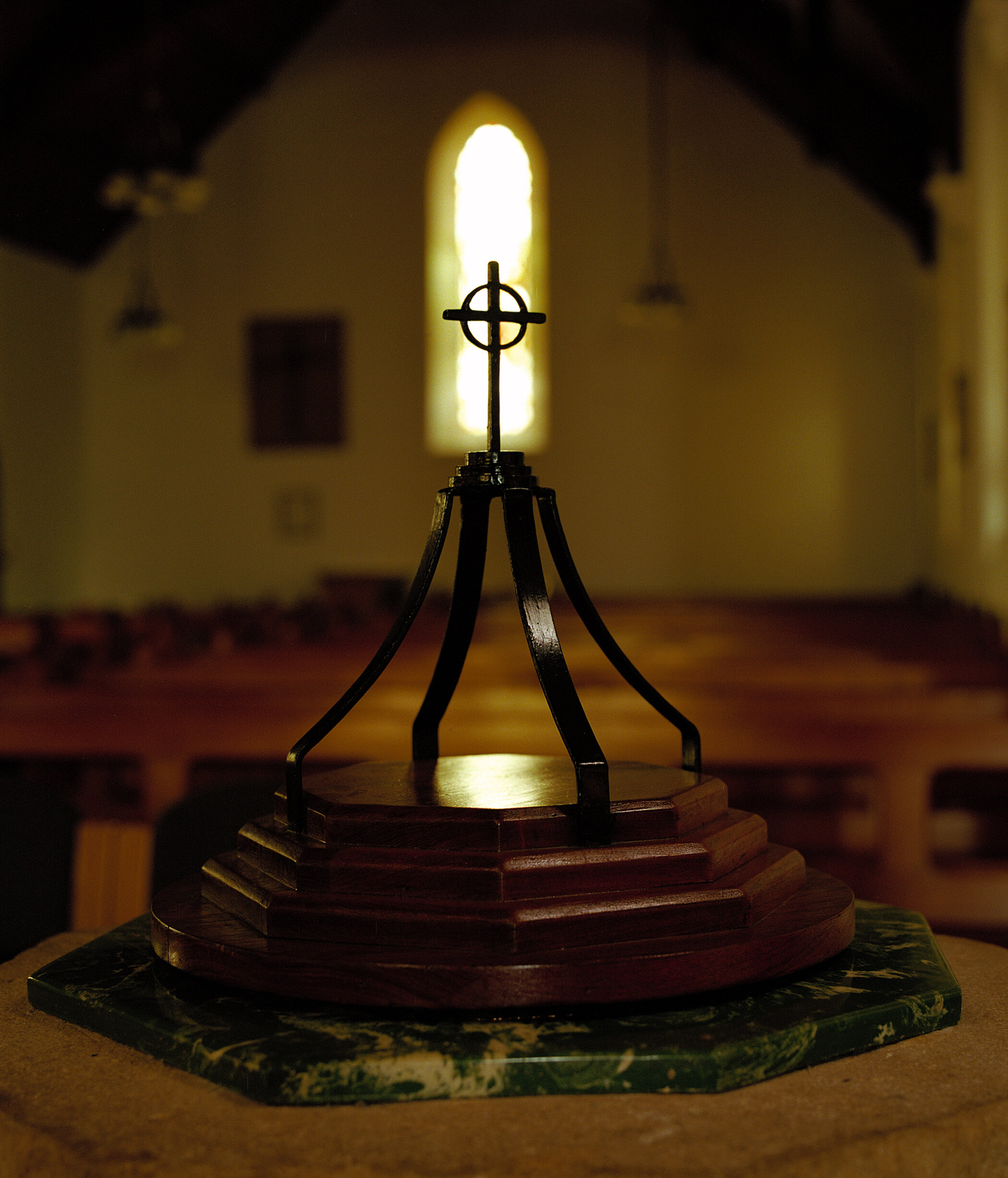
Christ Church

Archive
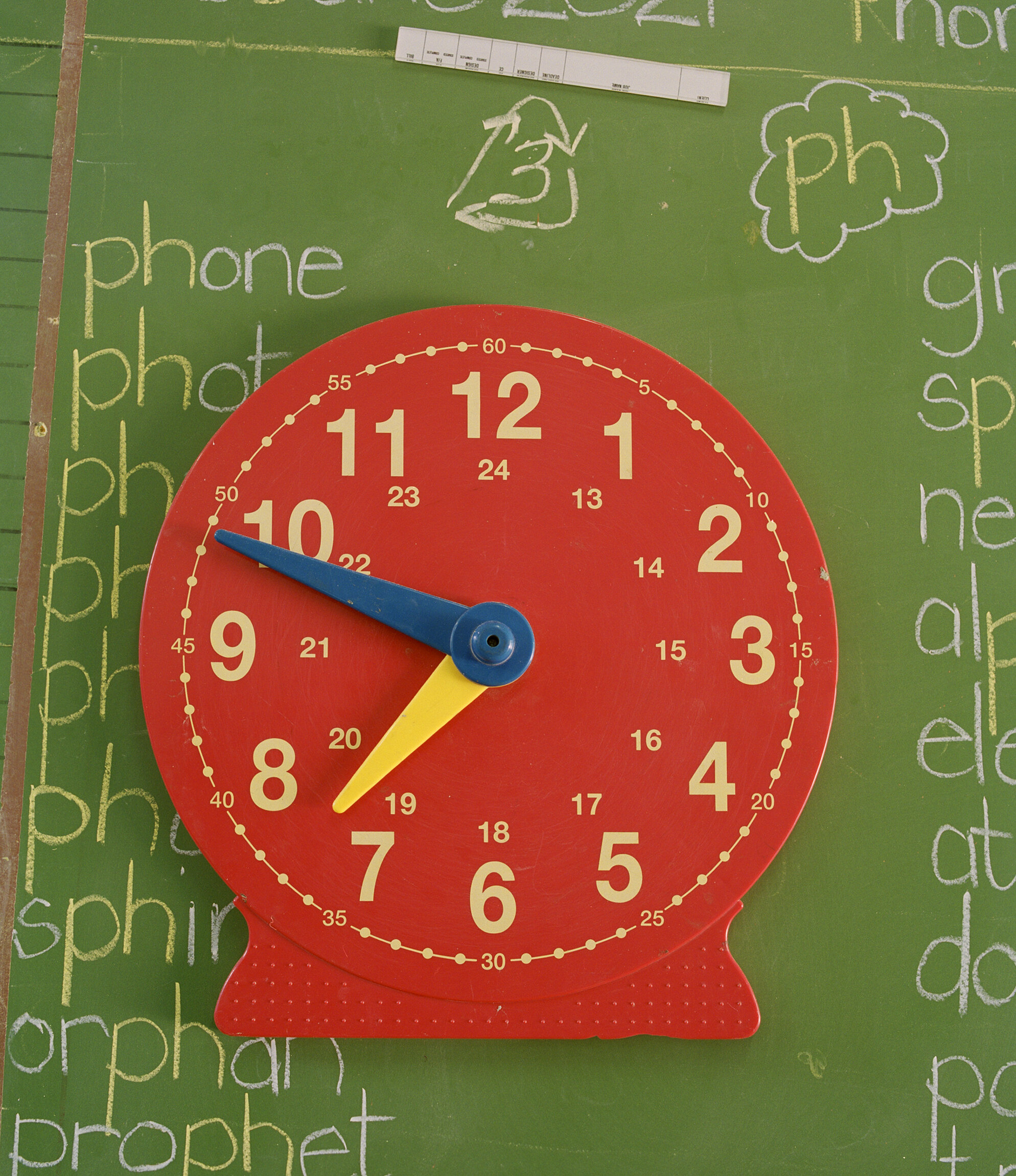
Educational Clock, Constantia Primary

Archive- Slave Bell
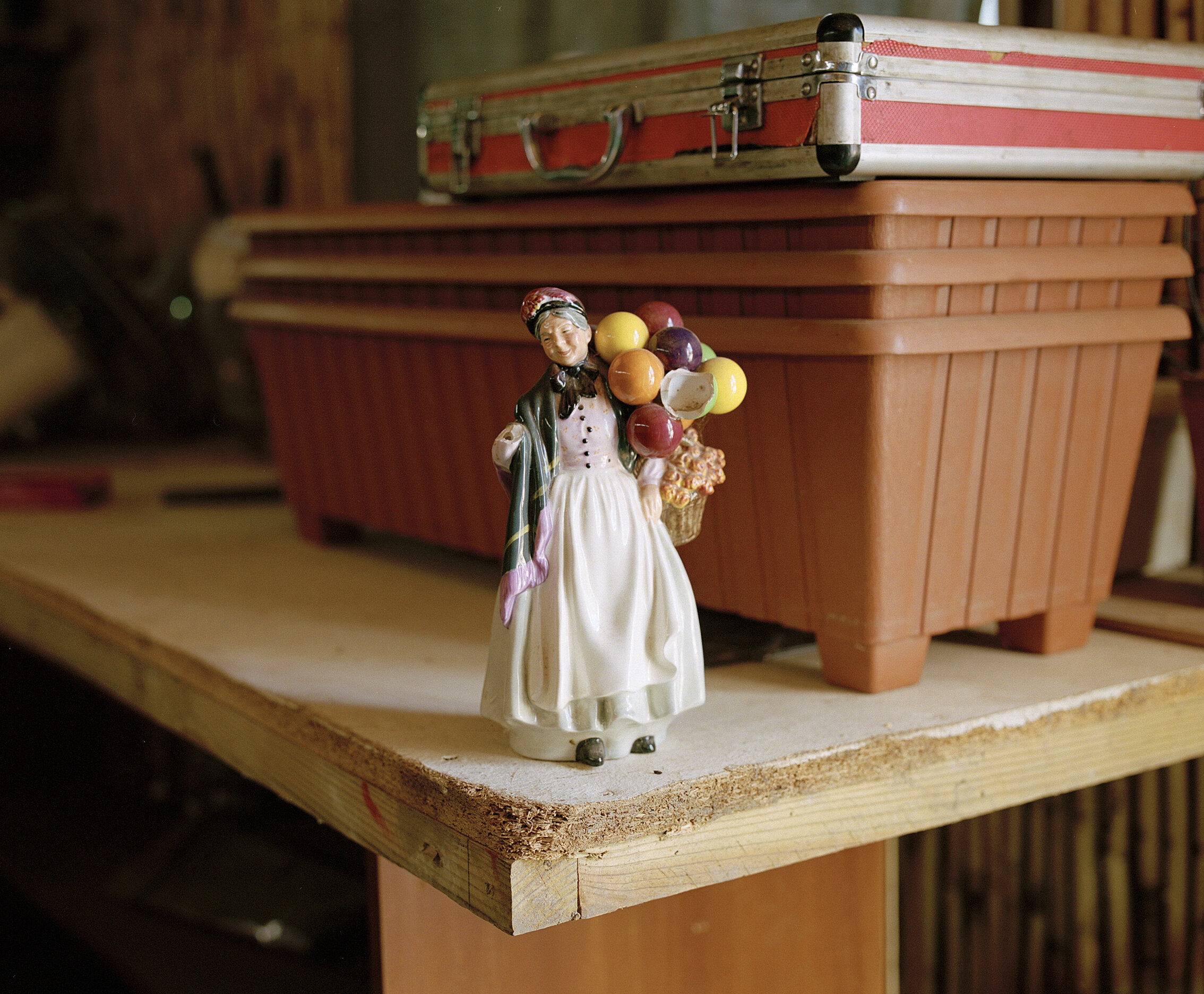
Broken Boutique, Jaftha Farm
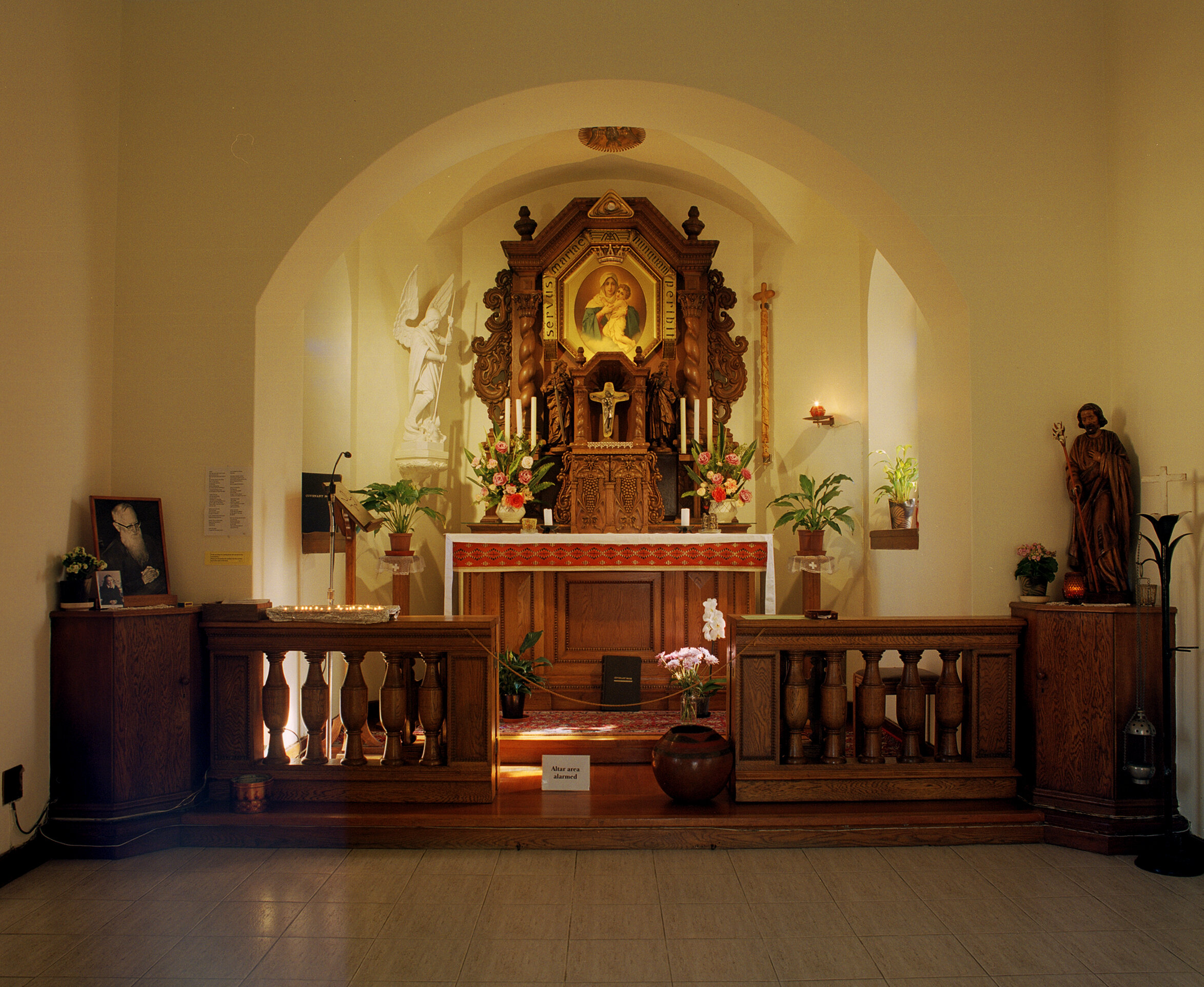
Chapel, Schoenstatt Sisters Of Mary- Constantia

Archive
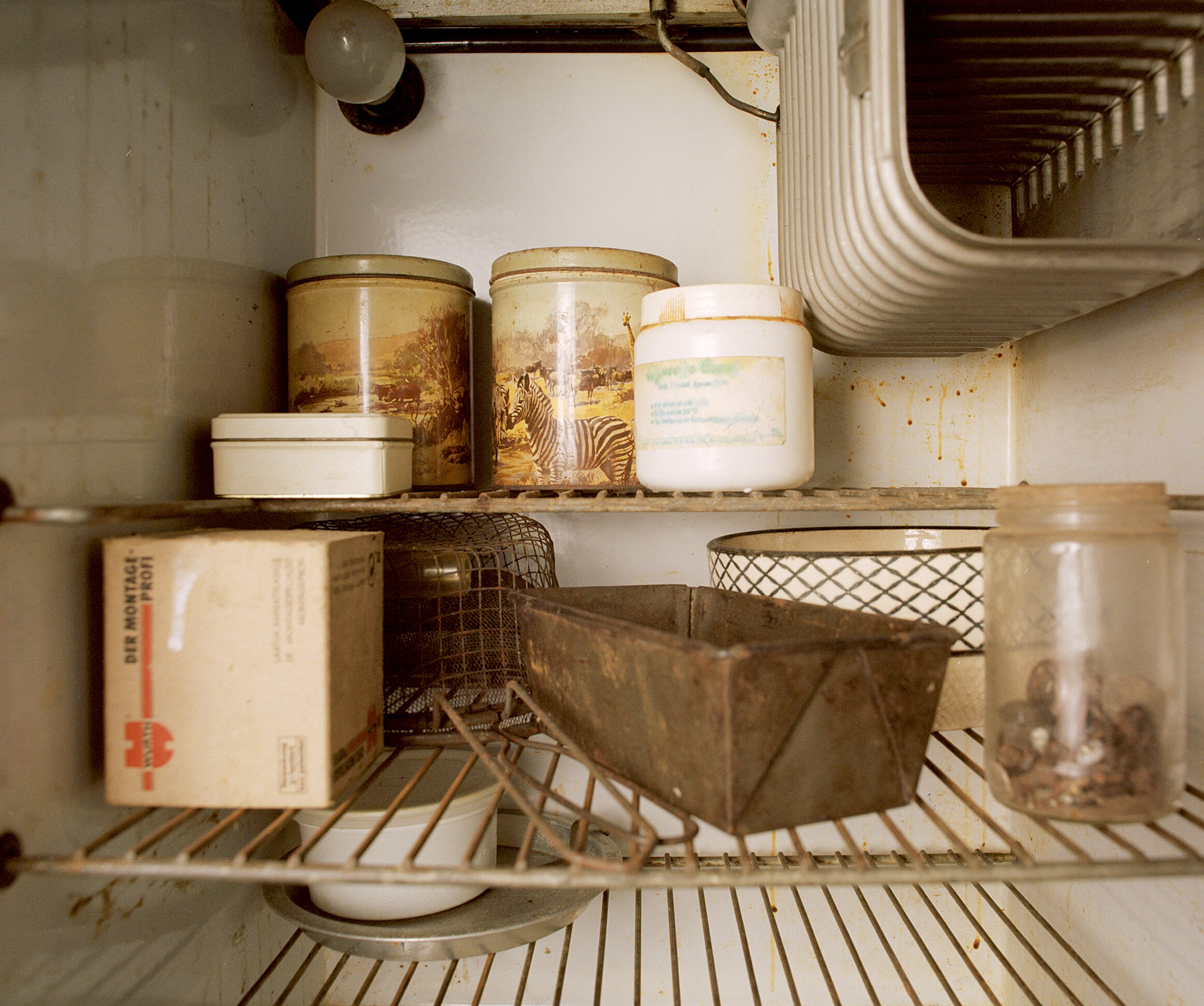
Harvey’s Unused Fridge, Grassy Park

Archive-Phillip Petersen when he started out his career as janitor and made his way through the ranks to become Postmaster.
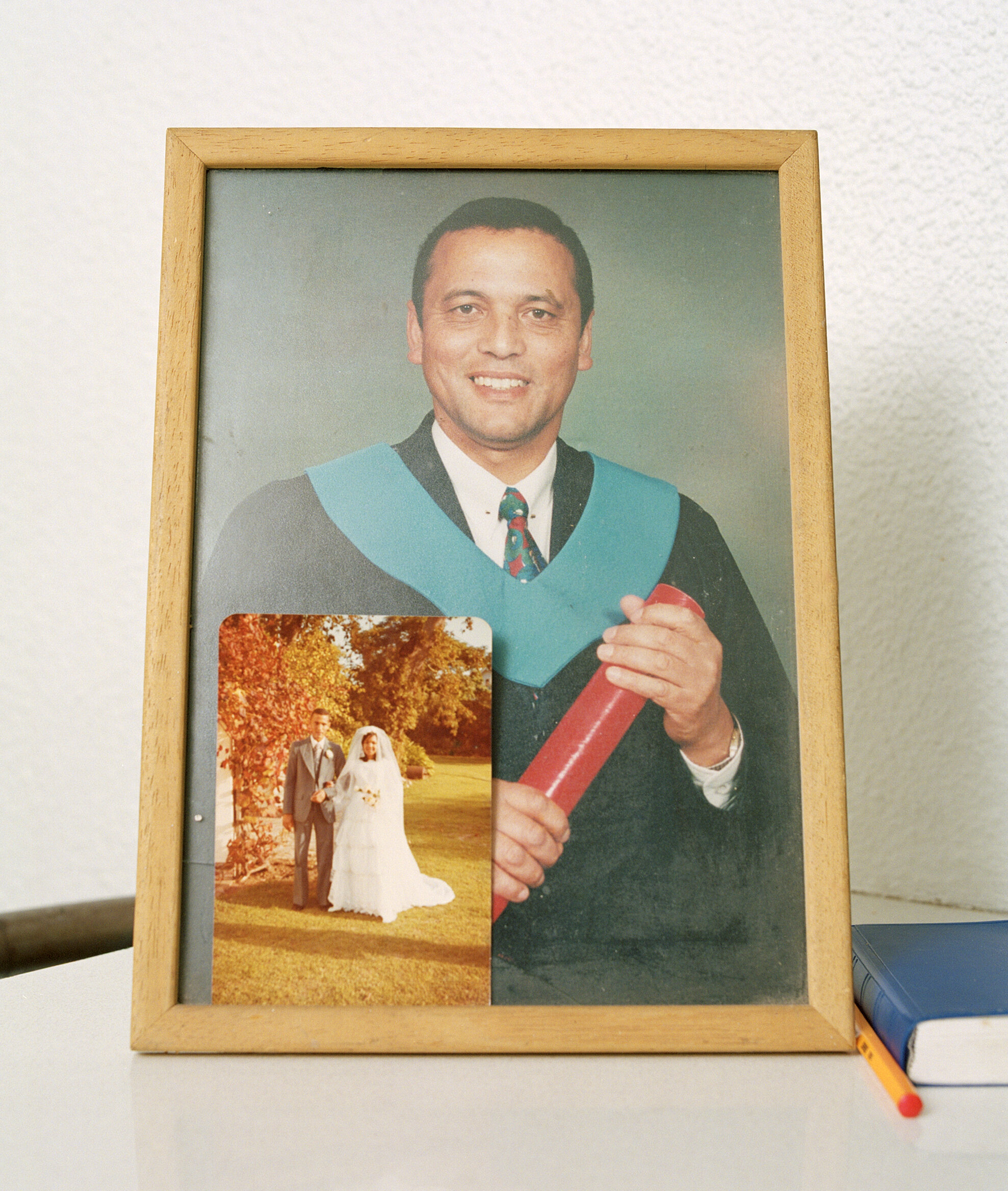
Phillip Petersen’s Photographs, Parkwood.

Adaption, Constantia















































































1-30 September 2021
Poster Design By Alex Pankiv-Greene
Project Outline by Claire-Anne Lester
Displacement Map By Rese Boshoff
Constantia Vs Cape Flats
We Have To Leave
This dressing table is in Danwin Jaftha’s home in Milford Road, Plumstead. Danwin was raised by his aunt and uncle who lived in Strawberry Lane before being one of the last to be evicted in 1969 and moving to Lotus River. The image of the dressing table is indicative of the families who were made to leave and rebuild their homes elsewhere, where although the furniture moved things were never quite the same.
Archive
Adderley Street
The Hands Of Work
This is a photograph of Adoons Solomons, also taken at the late Moses Jaftha's flower farm. The hand is a hand of one who has worked the land and soil for many years, to the extent that it appears as if the hand is part of the soil. The image is a nod to all those who have toiled the land and added value to the Constantia Valley.
A Triptych Of The Constantia Greenbelt
Archive-Collecting Flowers, Violet Lane
Archive- Collecting Pumpkins
Christ Church, an Anglican church, was founded in 1860 and has been a pillar of the Constantia community for 160 years. The churches in Constantia were frequented by the local farmers and farm workers and marked rites of passage: from baptism, to confirmation, marriage and in death. Many of those who were forced to move continue to attend Christ Church, which speaks to the strength of religious tradition and family ties to the area.
Archive- Africolor
Archive- The Old Post Office
The Jaftha Farm
This image of the burgundy “Cosmos” bouncing in the breeze, with the central flower dying, was taken at the Jaftha flower farm, the only remaining flower farm of its kind in Constantia. After being evicted from Constantia to Parkwood Estate, Moses Jaftha moved to Grassy Park with his wife, Helen. Moses continued to lease land in Constantia so that he could continue growing his flowers and was one of the elders of the former Constantia community until his death in 2020. His sons continue to tend to the flower farm.
This picture was taken of Claire-Anne Lester when she was eight and a half months pregnant with her daughter. Claire-Anne’s great grandmother, Christine Lester, owned land at 29 Strawberry Lane The image is of Claire leaning over notes used in her PhD thesis. Surrounded by photographs of her family, her niece’s toys, and mismatched furniture, the image represents the extended families of those who were evicted and the impact of forced removals on their lives.
Archive- Dress
Dawood Sadien, taken in Christ Church, Constantia. The Sadien family owned Sillery Farm since 1902 but were evicted during Apartheid. The Sadien family claimed the restoration of land and in 2013 the Land Claims Court awarded the Sadien family an 8.9 hectare, state owned property which partly borders Brommersvlei road and Rathfelder Avenue. The property is still to be transferred due to continued contestation by current occupants.
Archive- Deed
152 Families
This photograph of Imam Omar Davis was taken at the Constantia Mosque, Spaanschemat River Road, Belle Constantia. This mosque was kept open despite Apartheid’s laws due to the resilience of the congregation when 152 families bought the land where the graveyard is, currently reserved for the families. The Islamic heritage is another one of the key social institutions of Constantia dating back to the time of the slave trade.
Archive- Trumpeter
Stanley Davids who was born in Constantia’s Strawberry Lane in 1955 and was fourteen when he and his family were forcibly removed from the area. He started school in 1962 at Constantia Primary, where he was taught by teachers, many of whom also grew up and lived in Constantia. This image of Stanley Davids was taken from the passage peering into the bedroom of his Grassy Park home. It shows the intimate spaces we inhabit and our propensity to recreate spaces of home and comfort when faced with adversity.
Archive- Men With Instruments
Conversations with Bees
This image of the poppies in the bucket is reminiscent of colonial Dutch paintings, but instead of the flowers being in an ornate vase they are in a plastic paint bucket. The poppies represent Constantia as a place of transnational history, the legacy of the Dutch East India Company on the composition of the state, and is a nod to and a space where people of many nationalities have lived and thrived.
Constantia Archive- Memory Table
Diptych Of Harvey’s House In Grassy Park
Archive- Tributaries
Ernestine Deane’s family lived in Constantia farming fruit. She grew up returning to Constantia on Sunday trips, singing in Christ Church choir and visiting the Parish road ancestral graveyard with the family. The image of Ernestine is taken in her current home, the Disa park in Vredehoek, which overlooks the city of Cape Town from the foot of Devil's peak mountain. She is currently writing her new album and documentary.
Ivan Pelston’s Living Room.
Parkwood Estate
Archive- Corpse, Sandy Bay
Corner Of Pagasvlei Road
Archive
Constantia Primary’s IT Room
Chris Rousseau a few weeks before his sudden passing.
He was massively involved in preserving the history of former Constantia residents.
Rest In Peace
Archive- Young Boys
Ivan Pelston, in his home in Parkwood Estate where his family was evicted to when he was nineteen. Ivan laments witnessing his parents’ pain as they had to leave everything behind - their livestock and pets. He said they had planned to go back to fetch their chickens, but they never went back.
Portrait-Amy Ayanda/Lester’s Art Project
Archive- Generations
Amy’s Lester’s Backyard
Archive- Newborn
Post
This image was inspired by conversations with Phillip Petersen who lived in Brommersvlei Road. Born in 1956, he was twelve when the family was evicted. The image of the post piled on the table was taken at Fish Hoek post office, which is one of the many post offices across the Cape Peninsula where Phillip worked, the first being Constantia Post Office. The Constantia office closed in 2021 after over 70 years.
Archive-Phillip Petersen
Between The Graves
The image of the dew on the long grass is taken at the Parish Road cemetery. This is one of the places where the families of the local Constantia community were buried, which has become overgrown and unkempt. It speaks to the many ways in which people connect to the land amidst the passing of generations.
The Ladies Mile off-ramp
Archive-Newly Weds
Mother’s Bicycle
The bicycle was owned by the late Nora Williams, Virginia Appollis’s mother. This is the original Rally bicycle kept by Virginia after her mother passed on, photographed in the home Virginia and her family moved to in Lake Road, Lotus River. The comb represents the ingrained notion that one should always look presentable no matter how little you have and is a symbol of the dignity lost when stripped of one’s rights.
Archive- Between The Flowers
Stanley’s Briefcase
Stanley Davids’ briefcase he keeps neatly tucked away in his Grassy Park home. The briefcase holds remnants and memorabilia from his past. It is indicative of the painful memories that people keep tucked away and the mechanisms used to cope with daily life.
Botanicals By The Brilliant Zayaan Kahn
Renovations Of The Lester Residence
Archive- Class
Virginia Appollis whose family lived in Violet Lane growing cut flowers. They were evicted in 1967
Jaftha Farm- This image of the poppies in the bucket is reminiscent of colonial Dutch paintings
Mrs Rowe’s Front Door
Archive- Old Vineyards Near Bel Ombre
Wheel Barrow
Archive- Joris The Slave
Edtions, Christ Church
The Rose Way postbox speaks to the thousands of people who were evicted under the Group Areas Act. It speaks to the notion of property, place and land ownership and the way ownership of property is at once concrete and ephemeral.
Archival Map
The backyard of the informal clubhouse of the Spaansemacht Masjid in Grassy Park.
Archive- Family At Fishhoek Beach
Archive- Victory
Diptych- Constantia Primary’s Library
Archive- Newly Weds
Spring-Jaftha Farm
Archive- Toddler
Handyman
Archive- Wedding Celebrations
Christ Church
Archive
Educational Clock, Constantia Primary
Archive- Slave Bell
Broken Boutique, Jaftha Farm
Chapel, Schoenstatt Sisters Of Mary- Constantia
Archive
Harvey’s Unused Fridge, Grassy Park
Archive-Phillip Petersen when he started out his career as janitor and made his way through the ranks to become Postmaster.
Phillip Petersen’s Photographs, Parkwood.
Adaption, Constantia